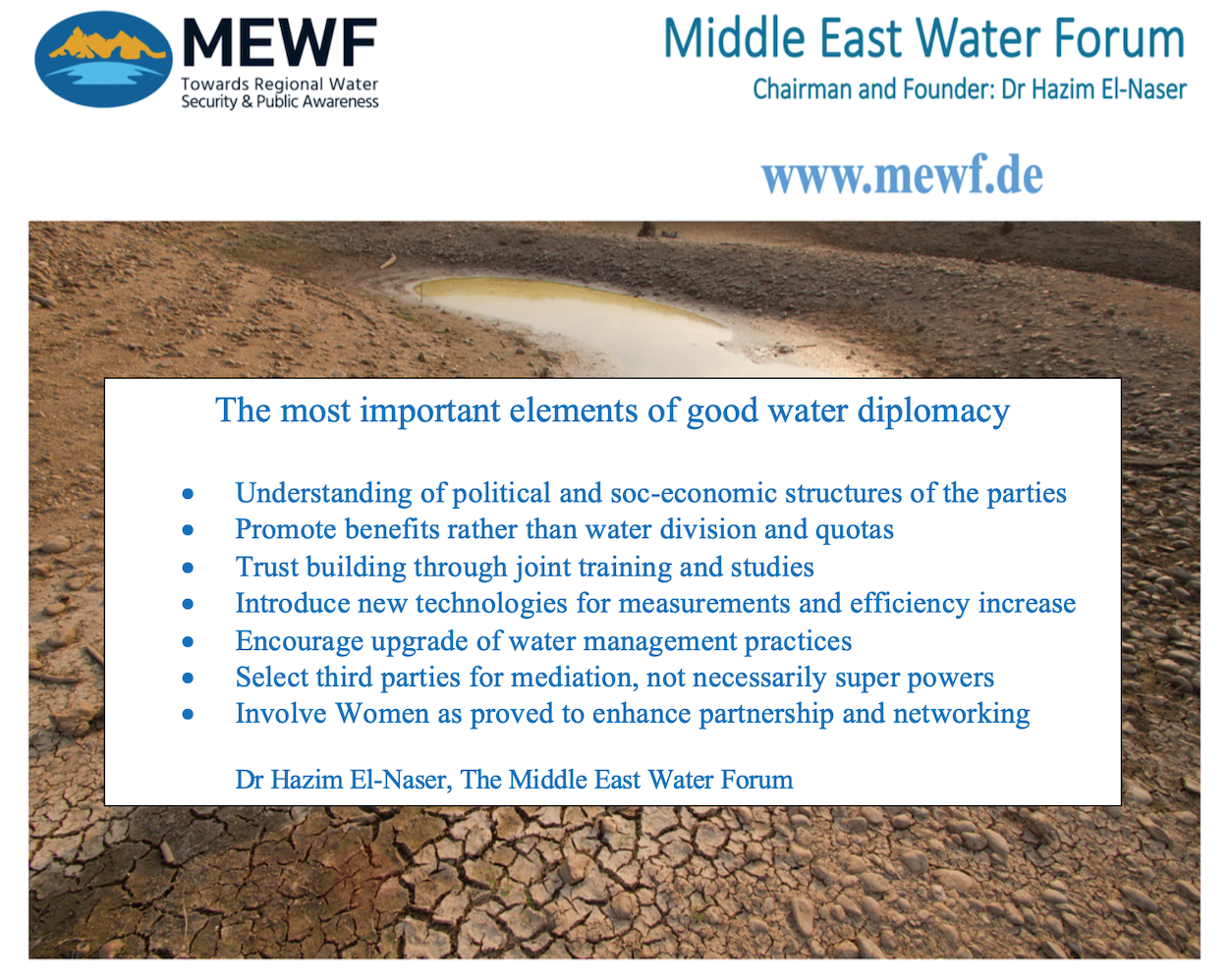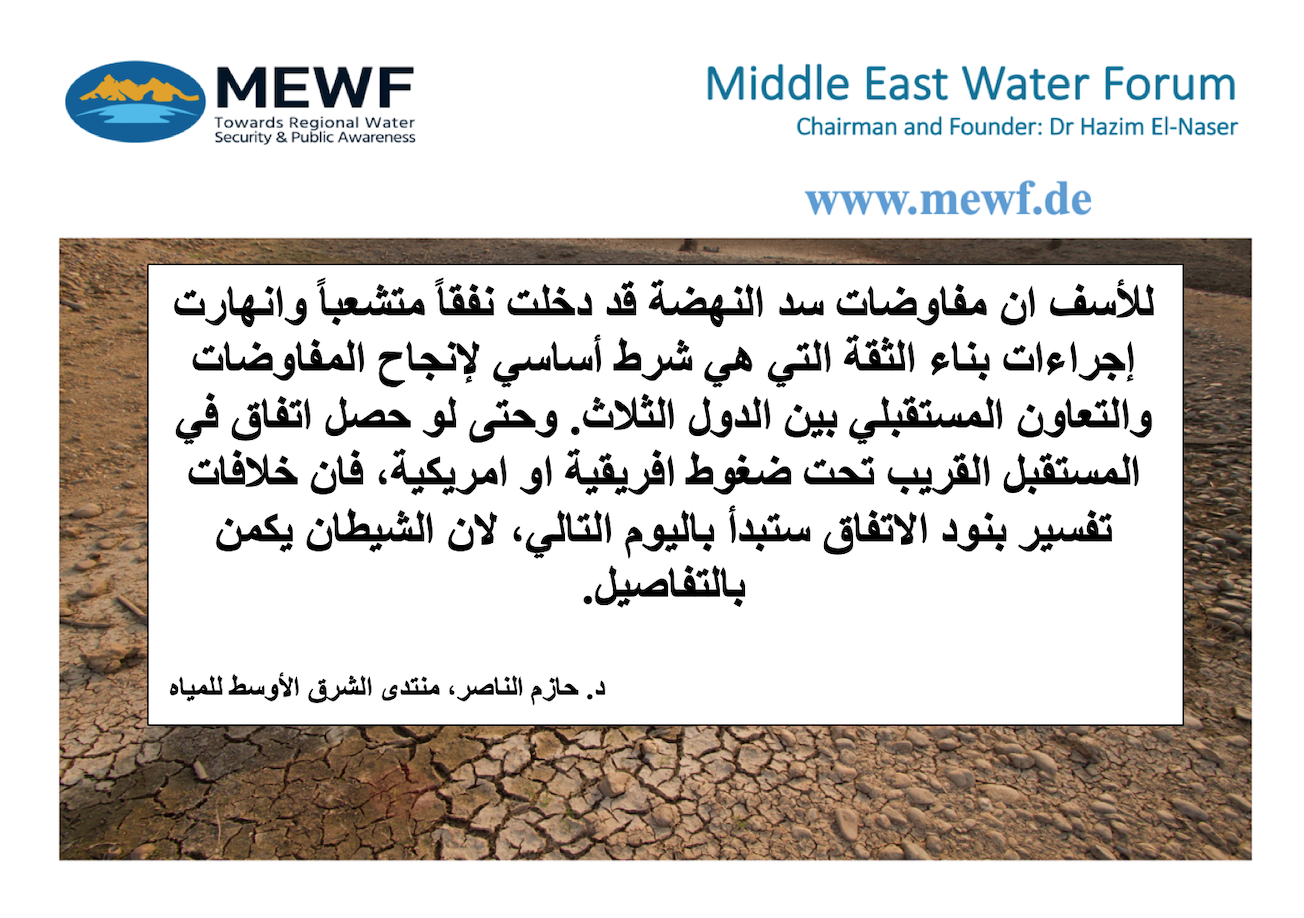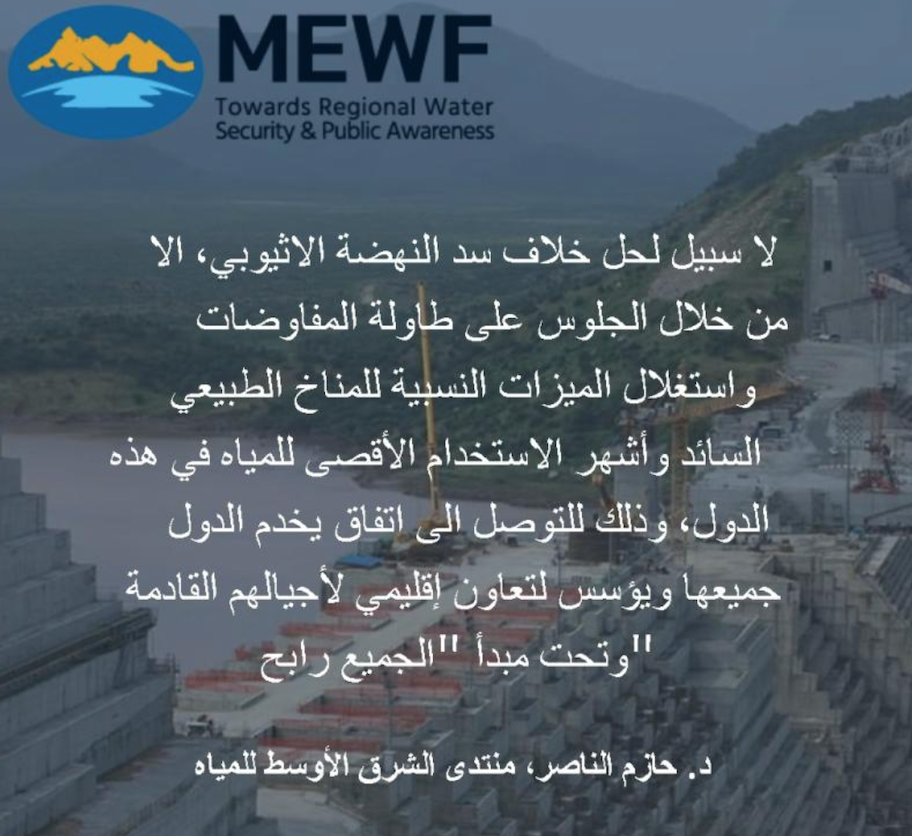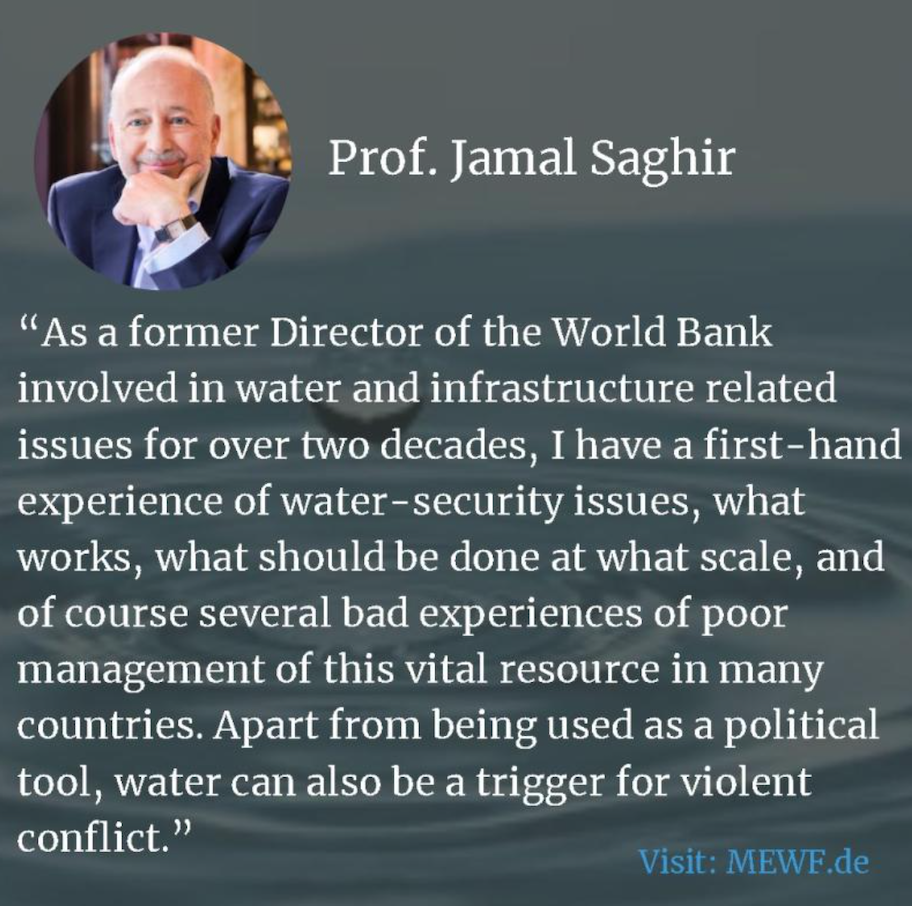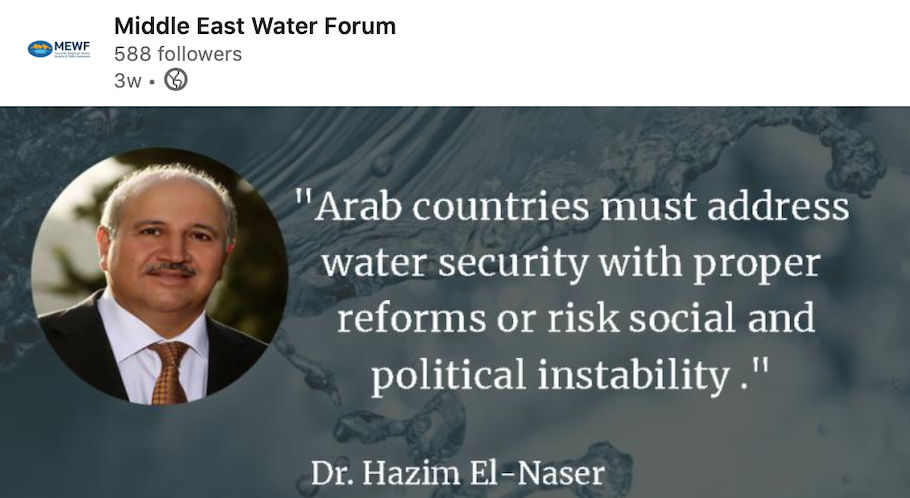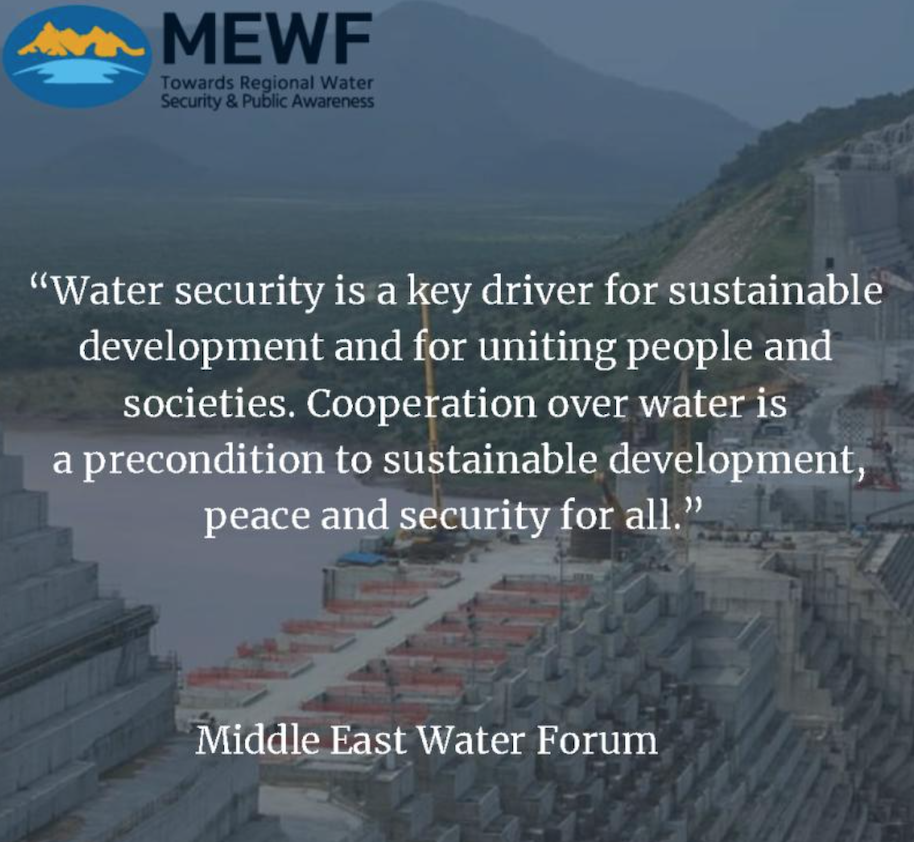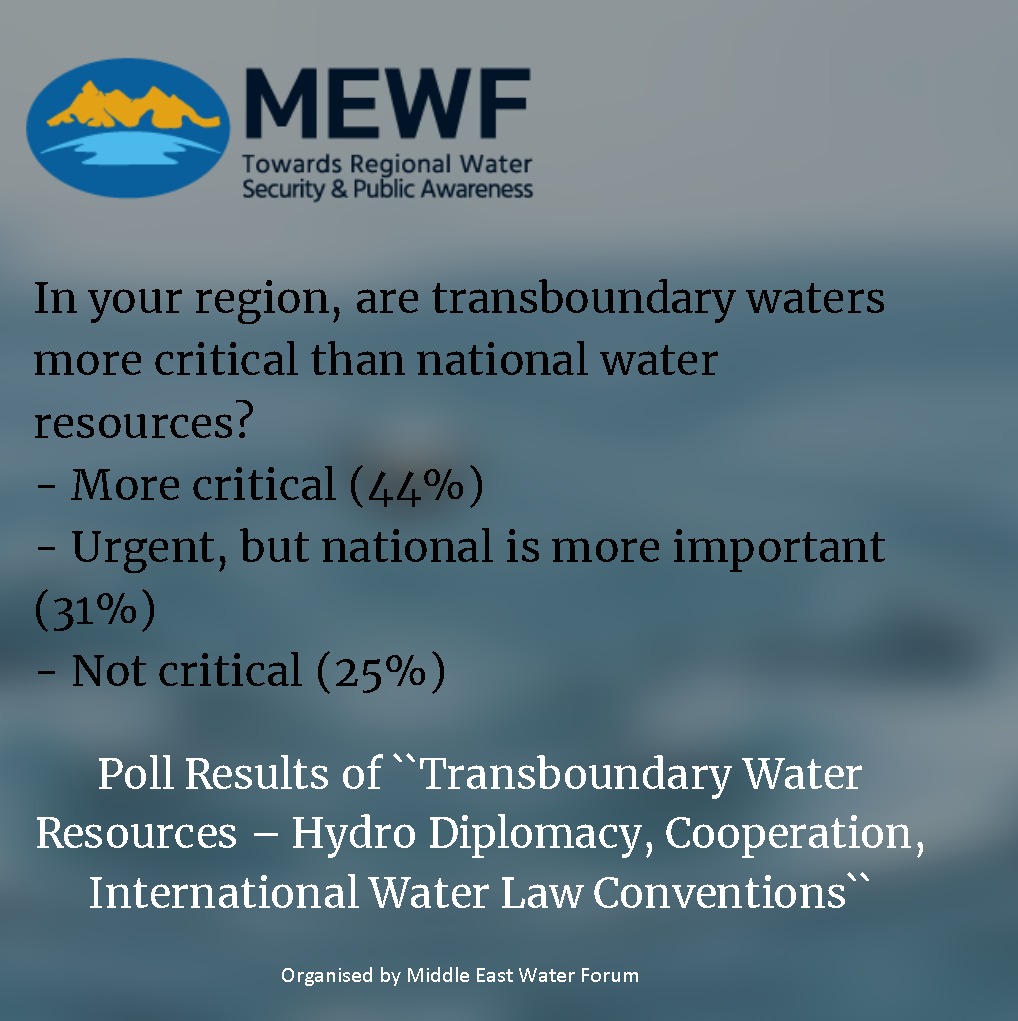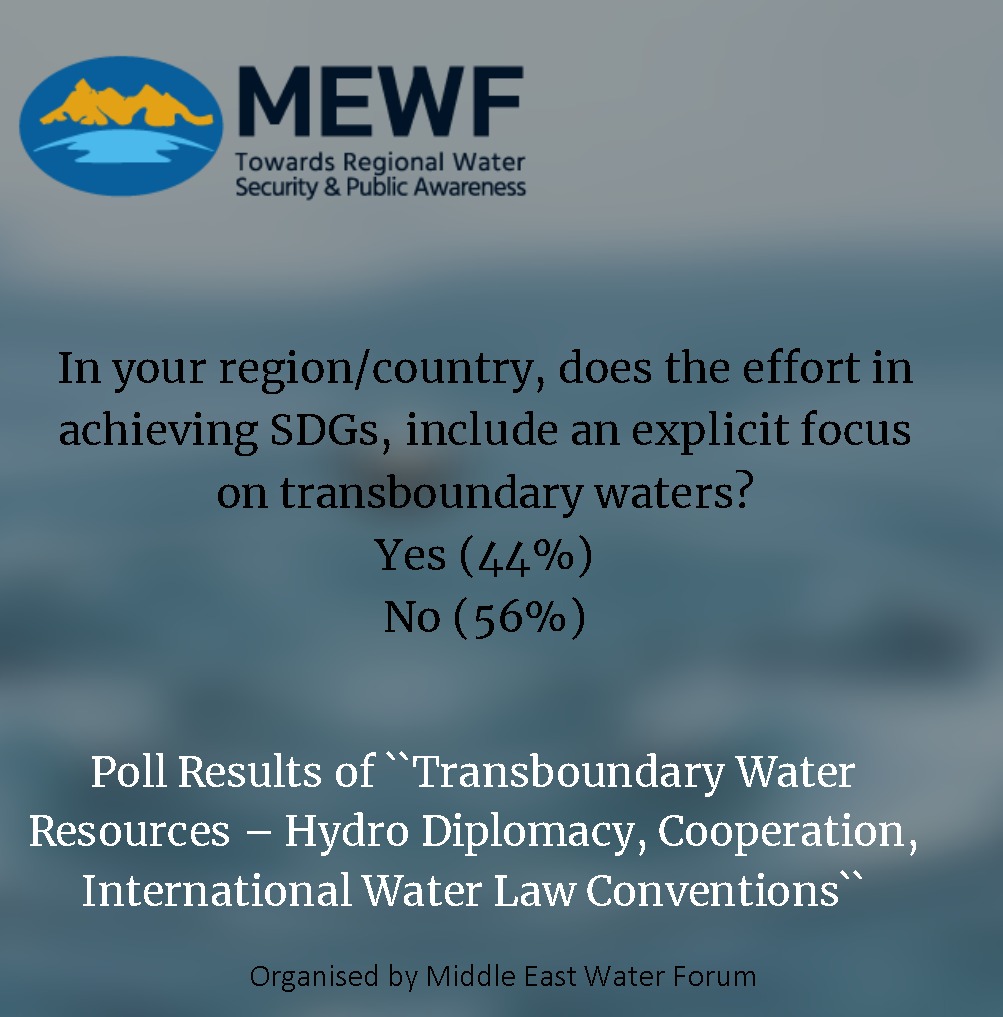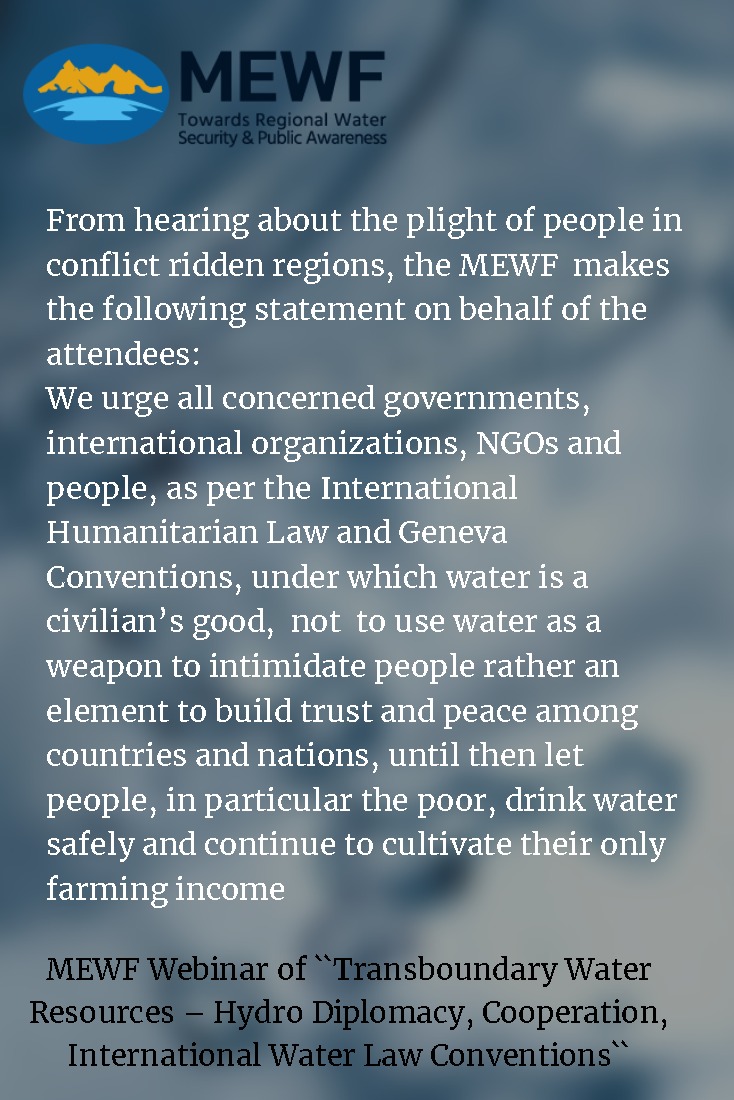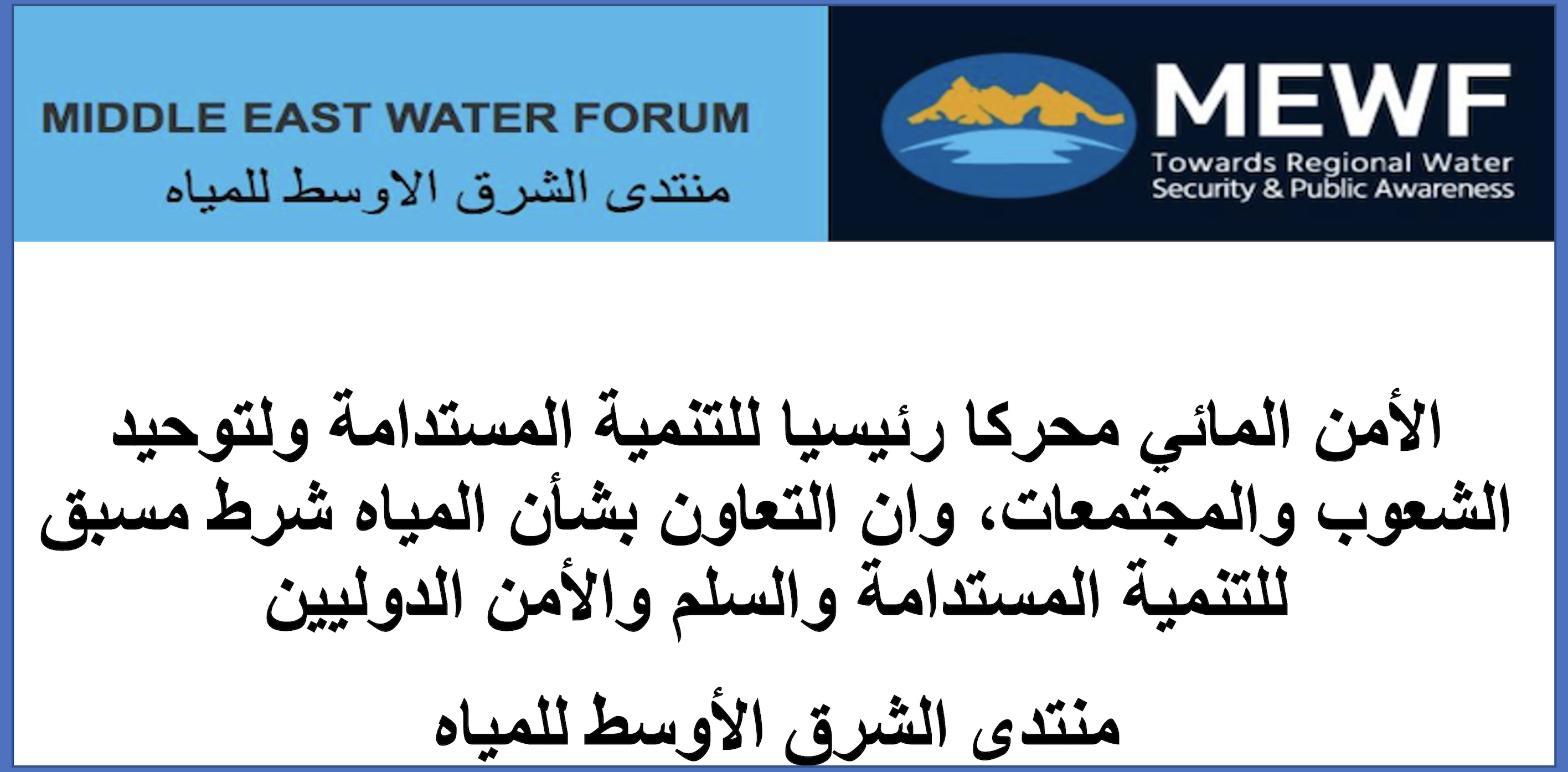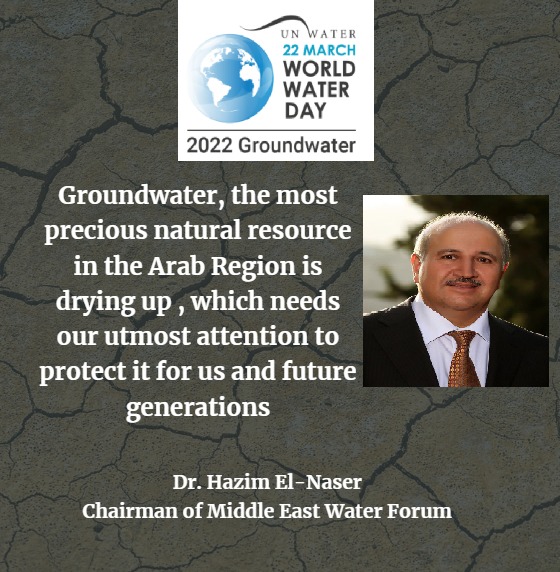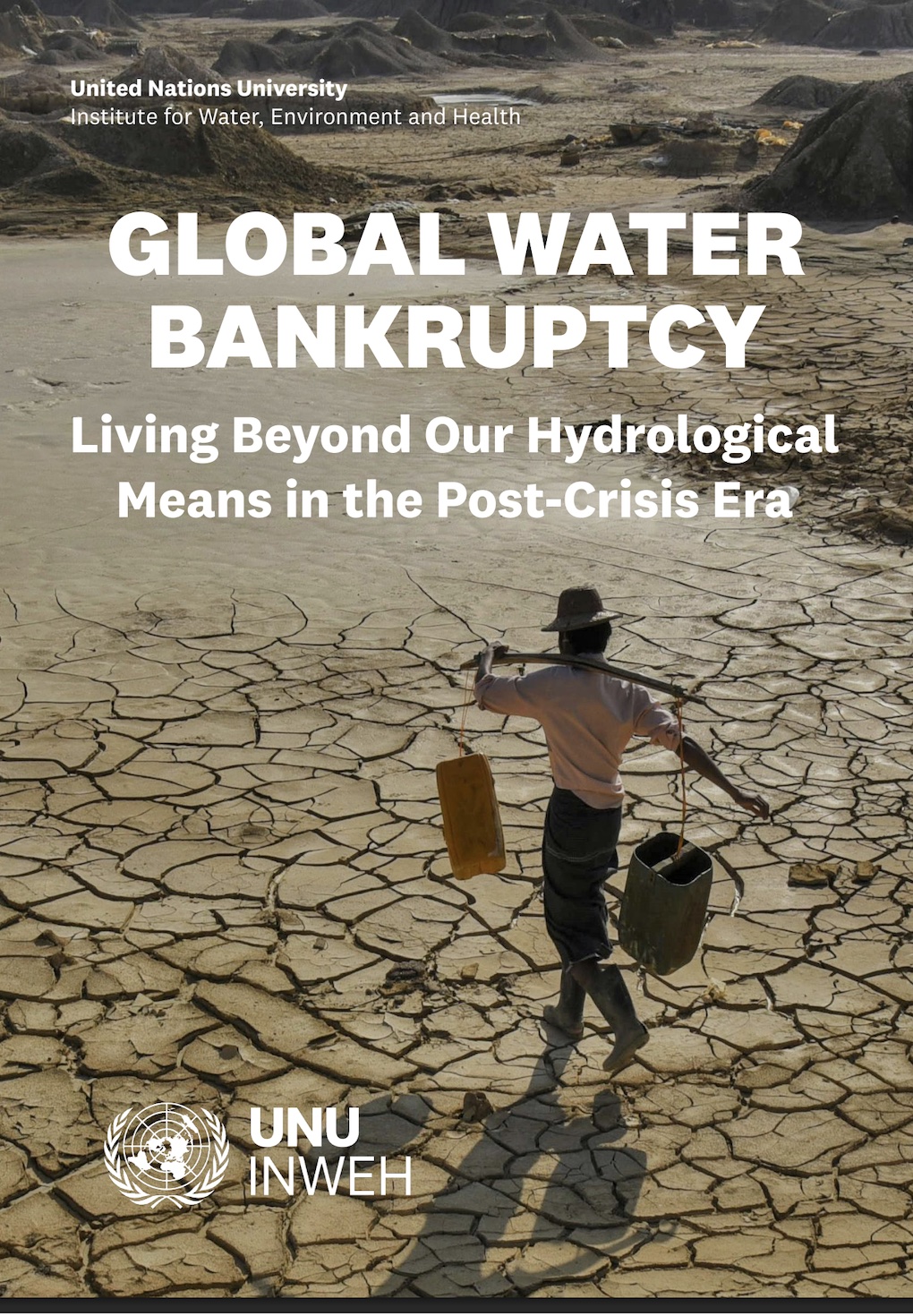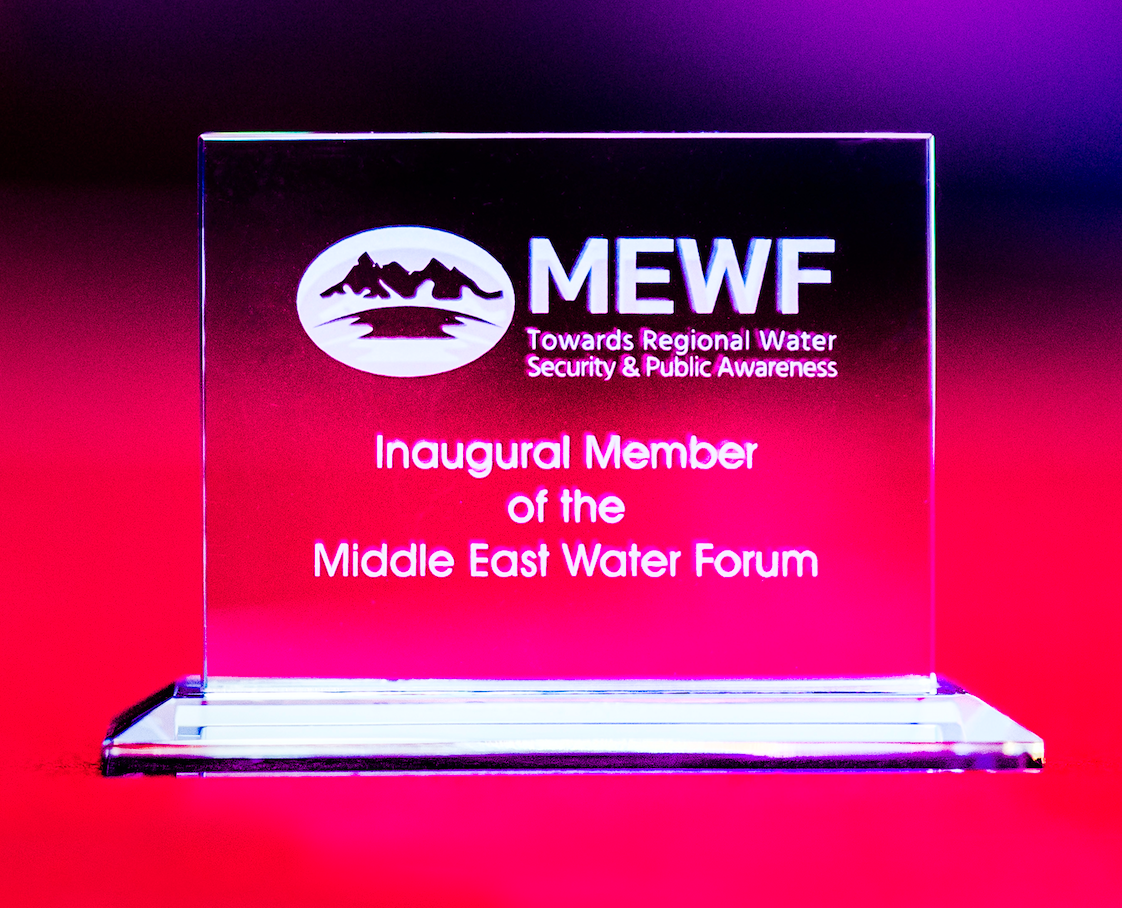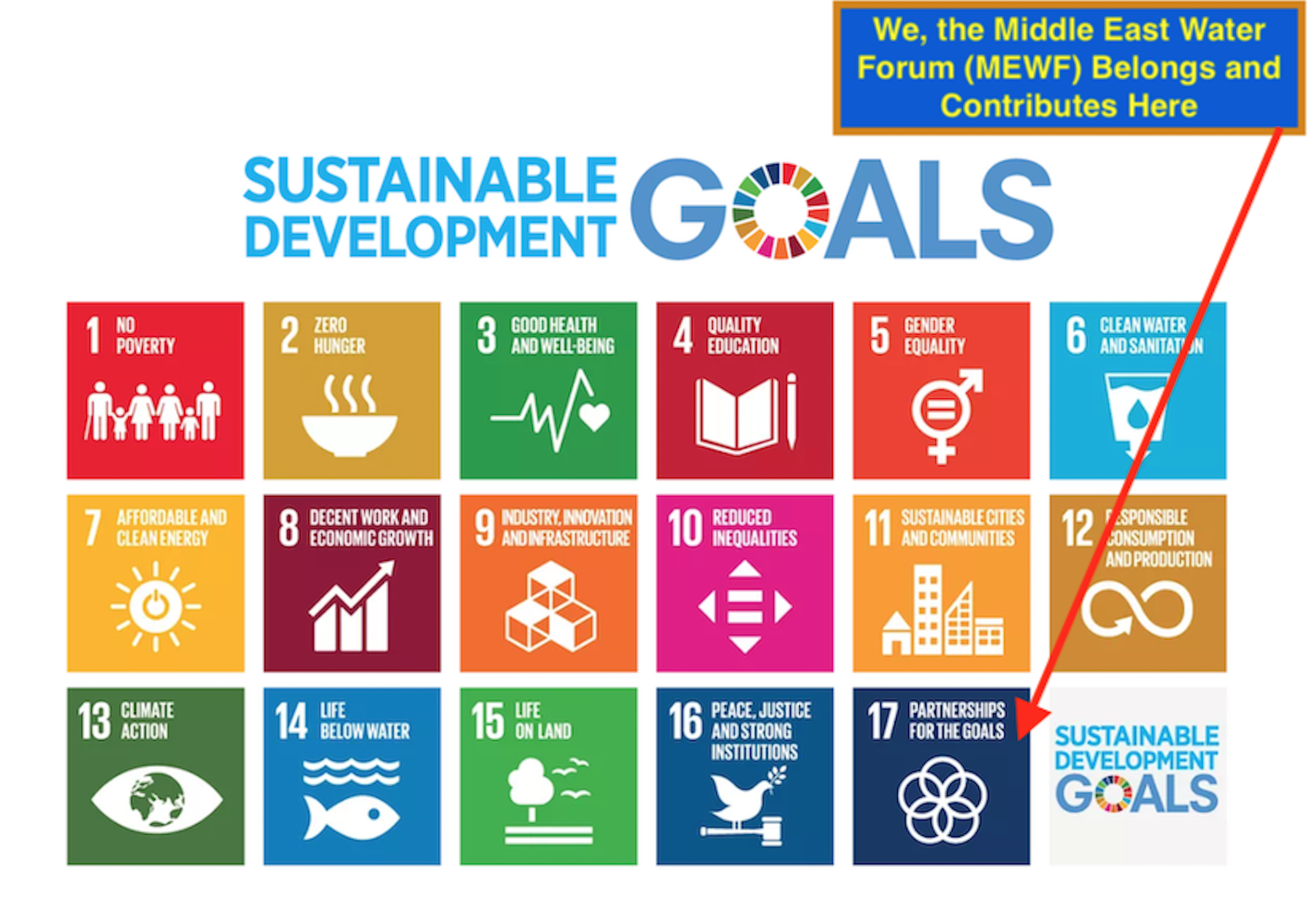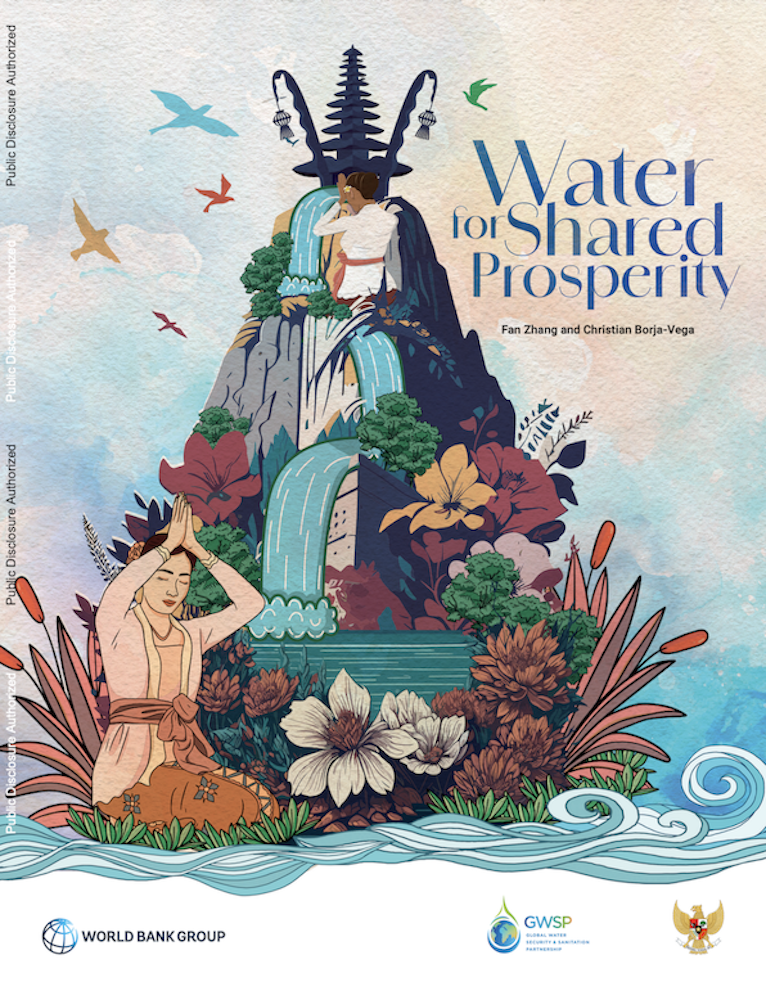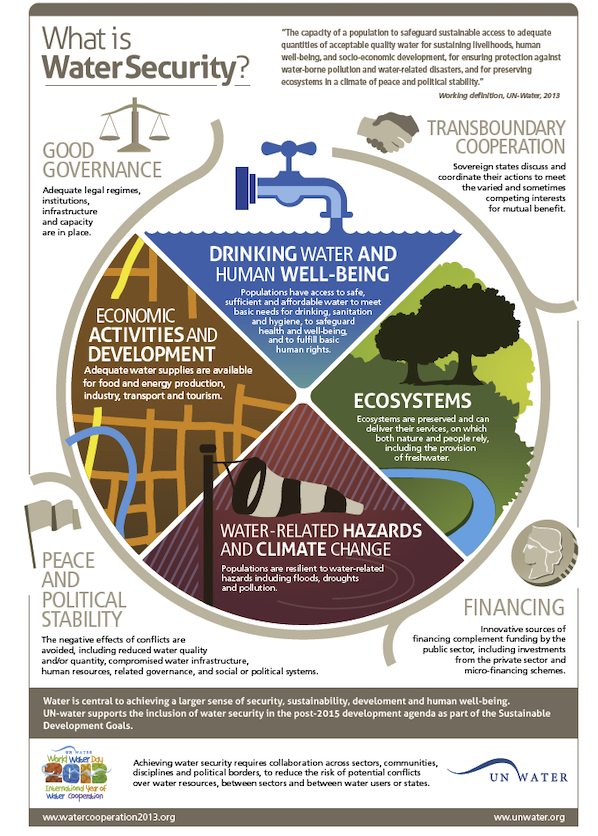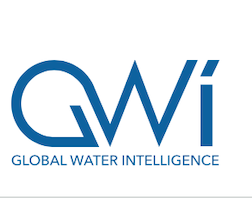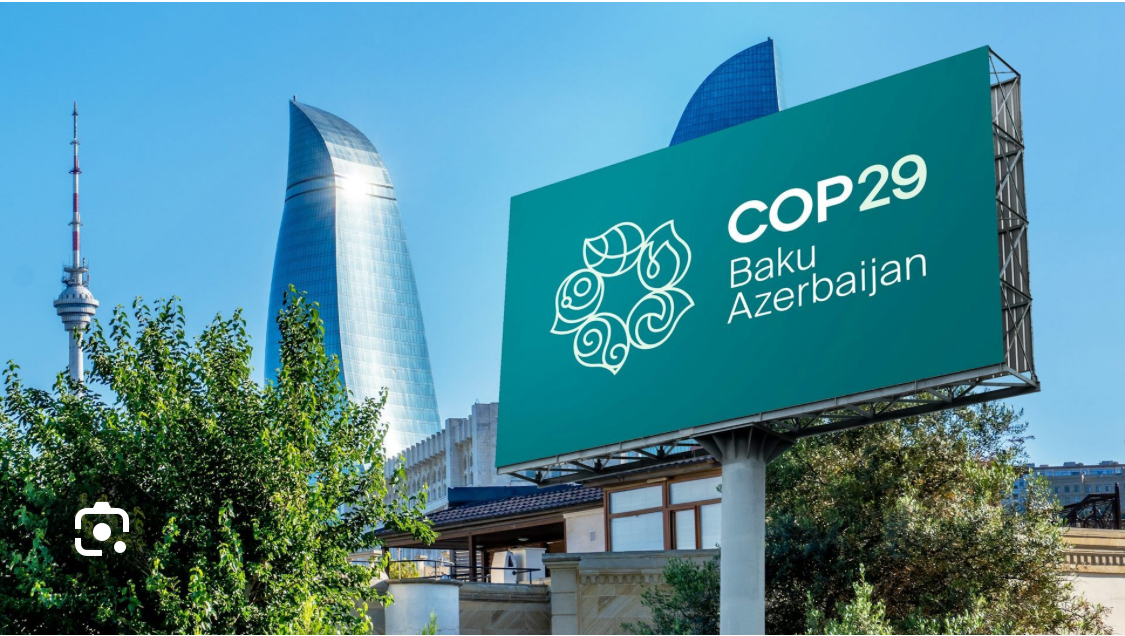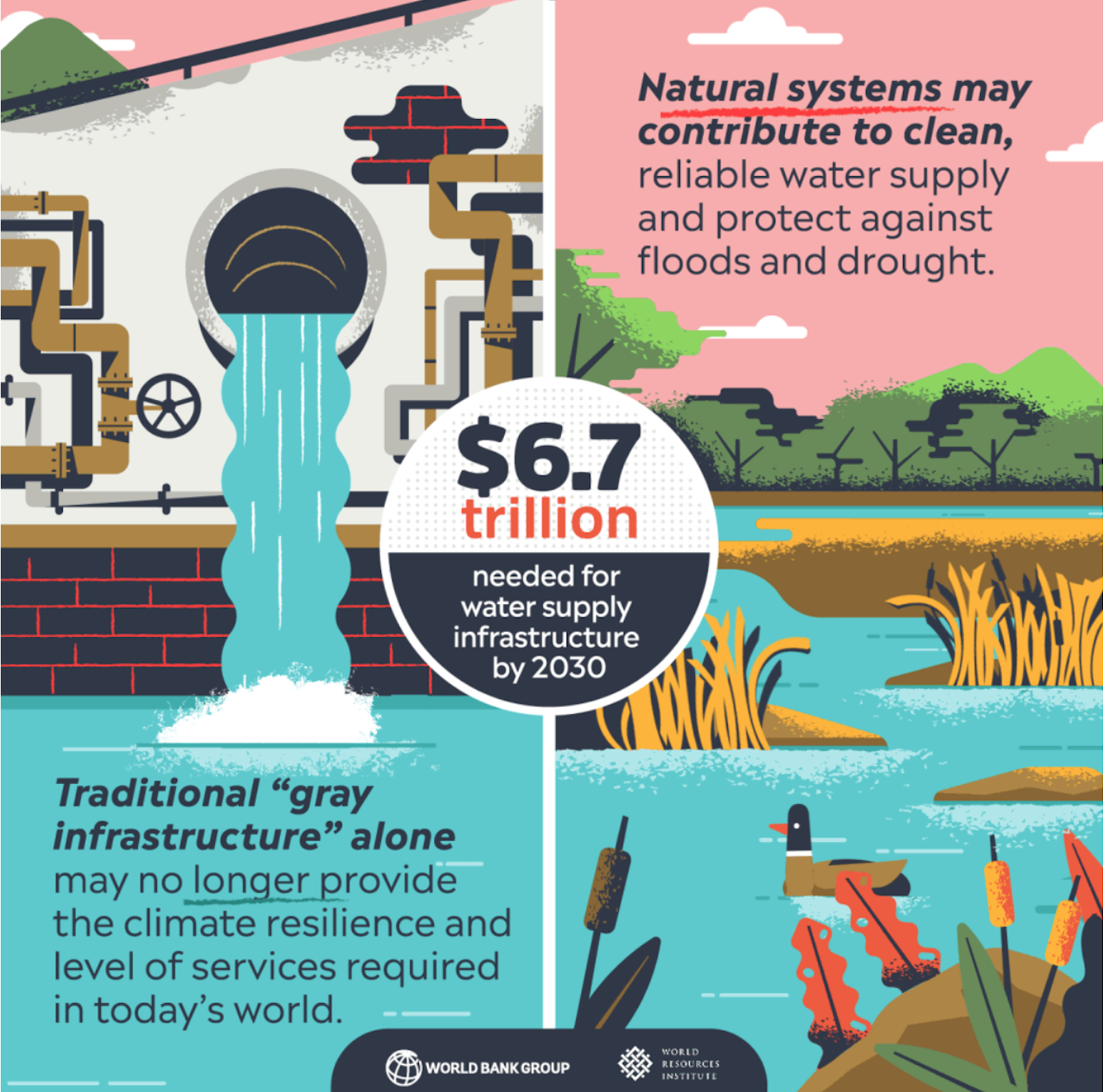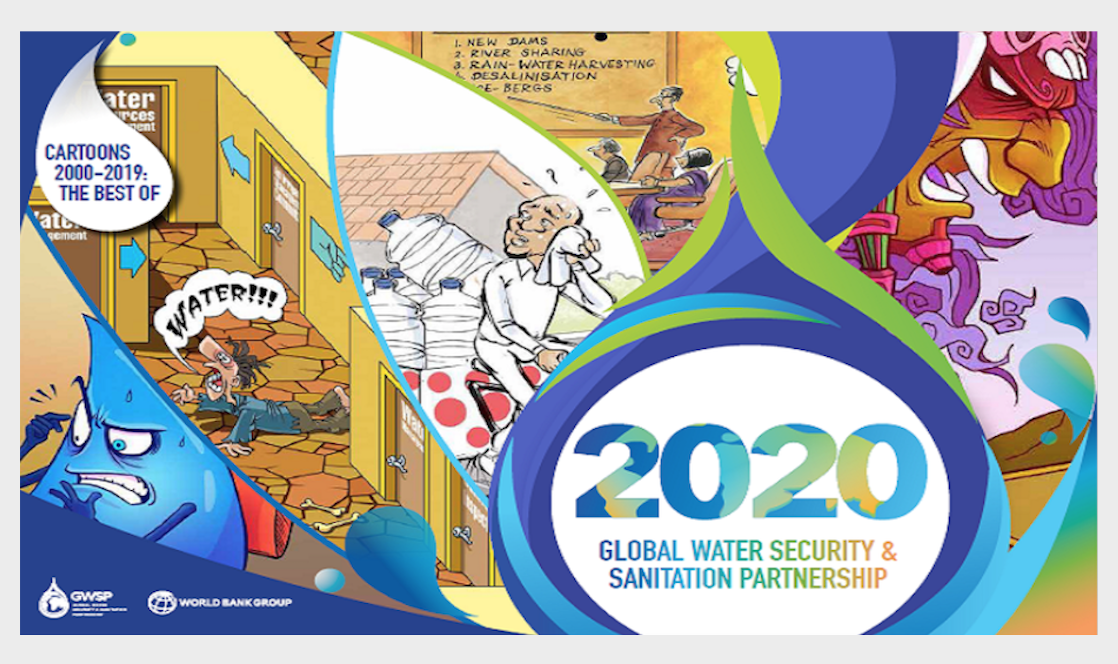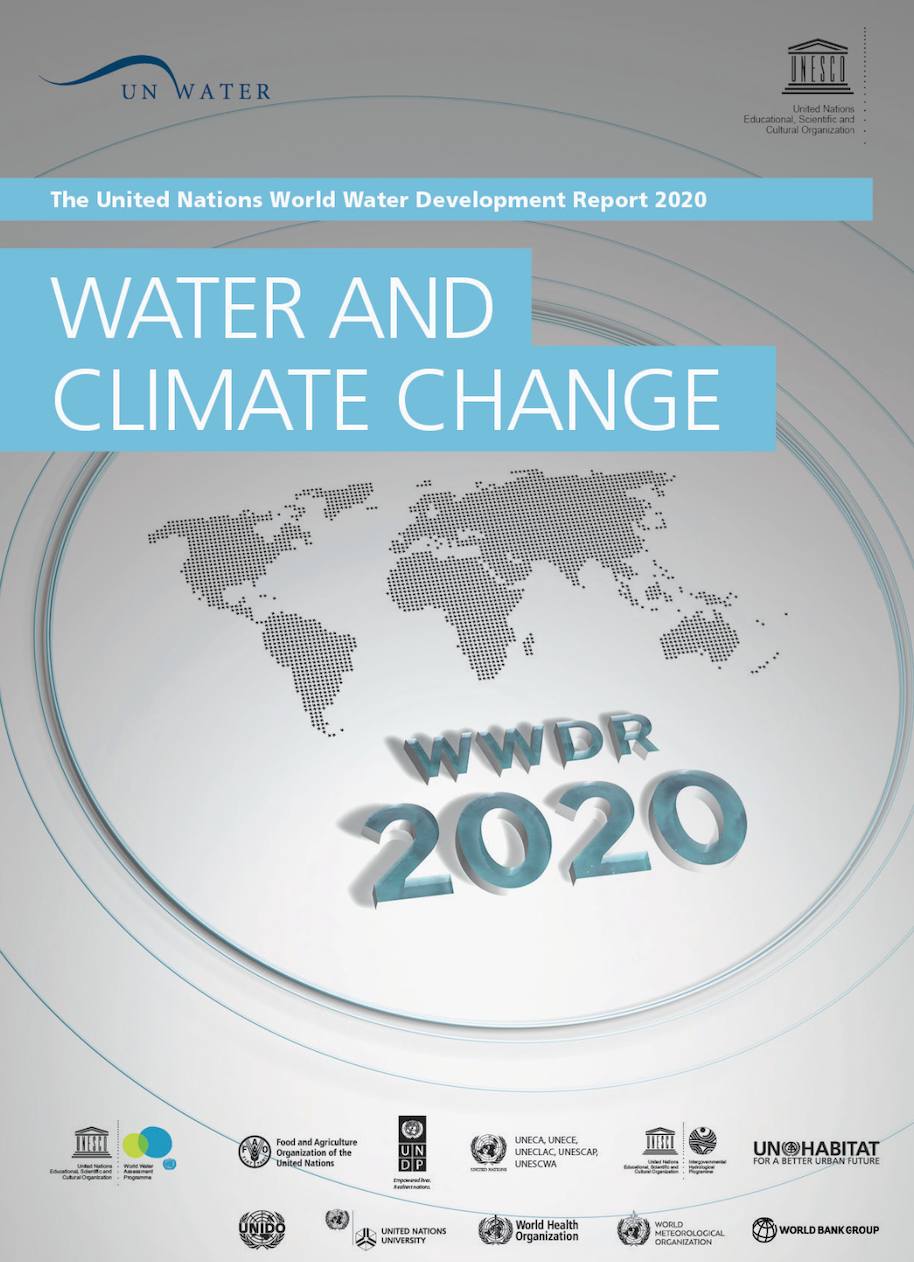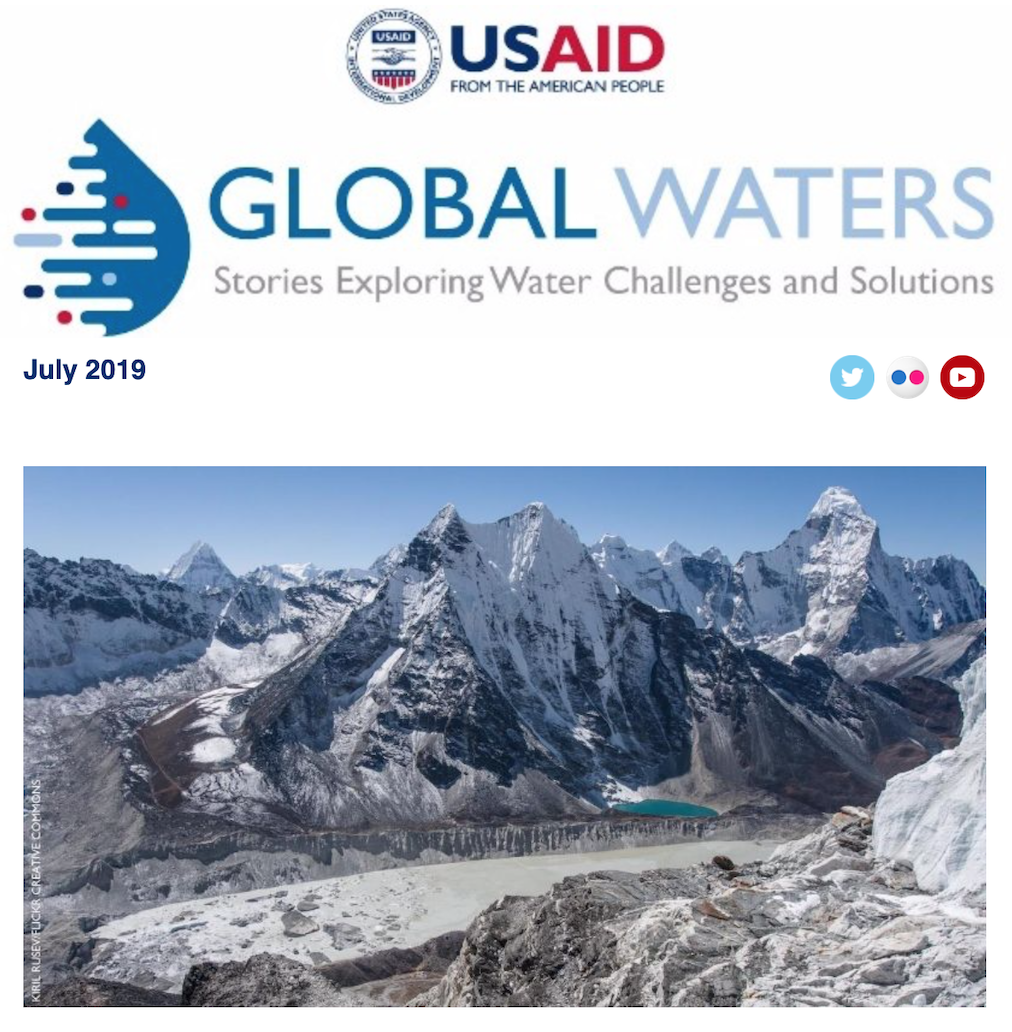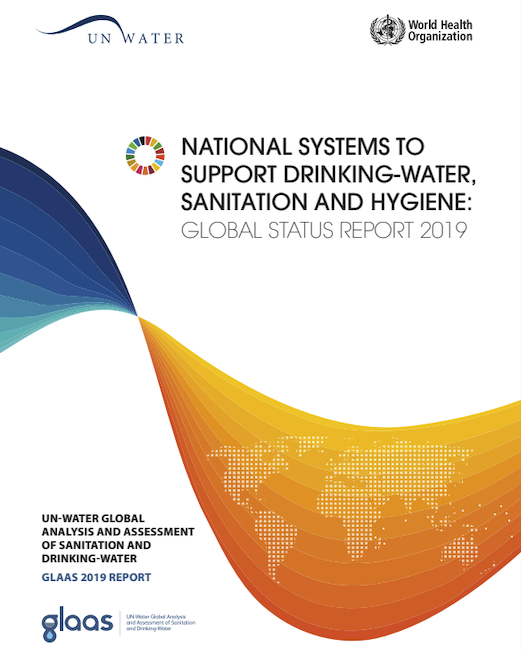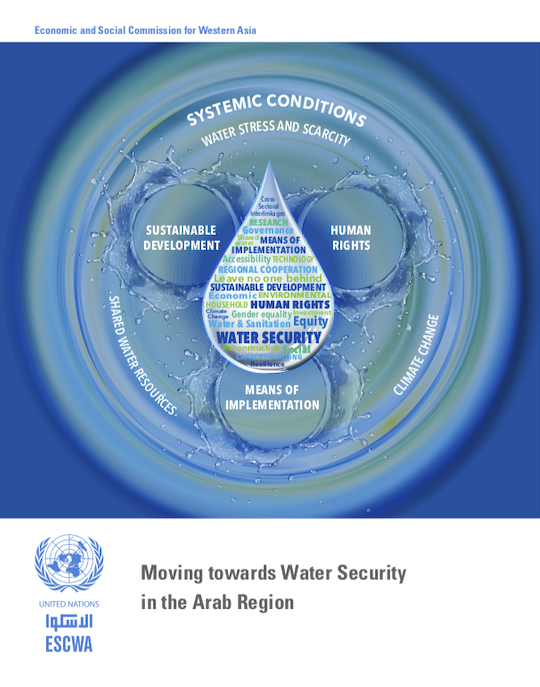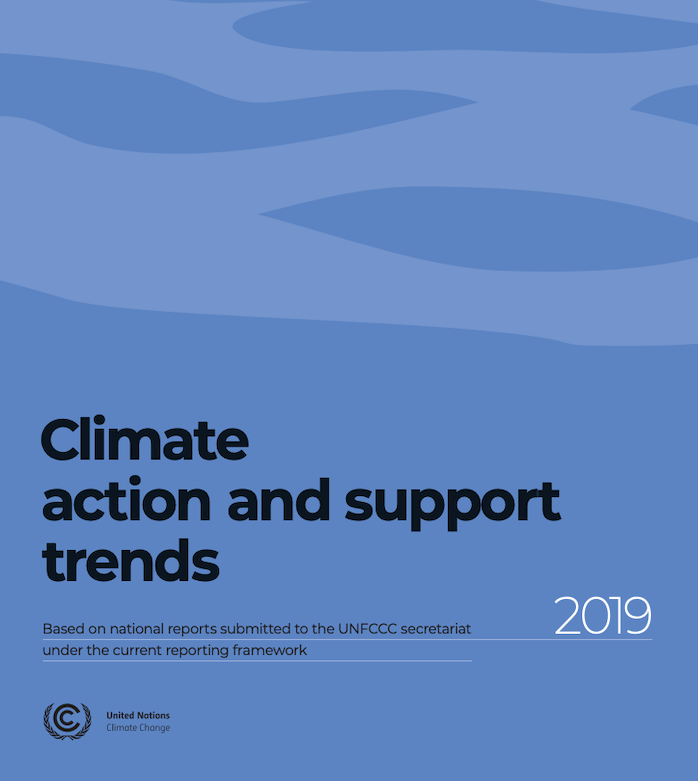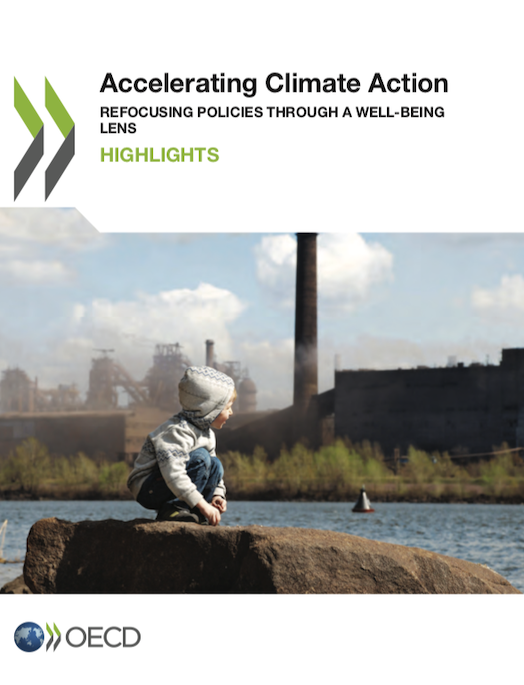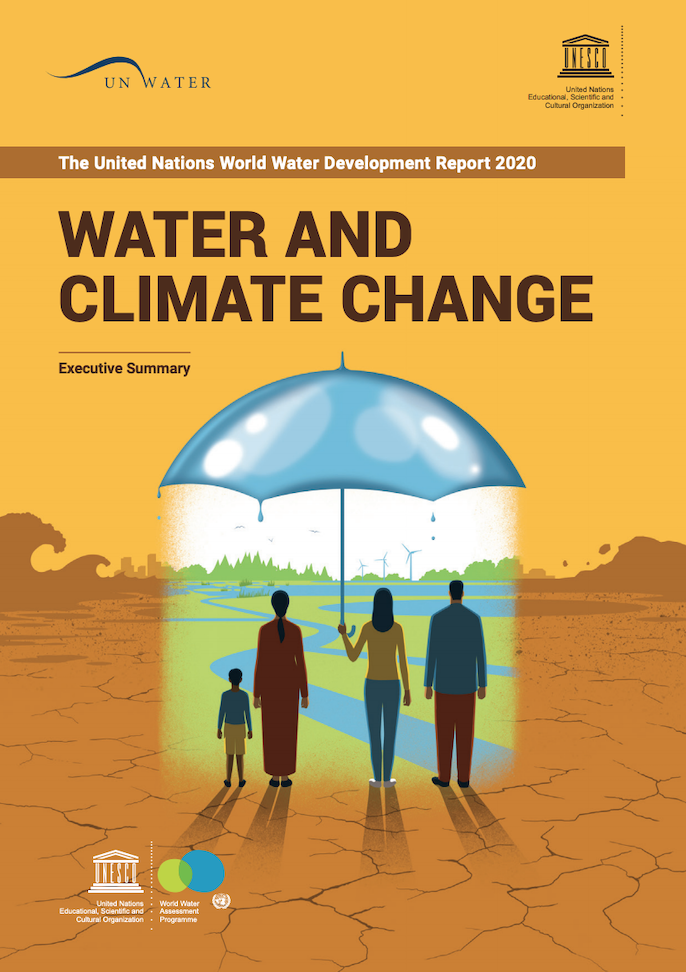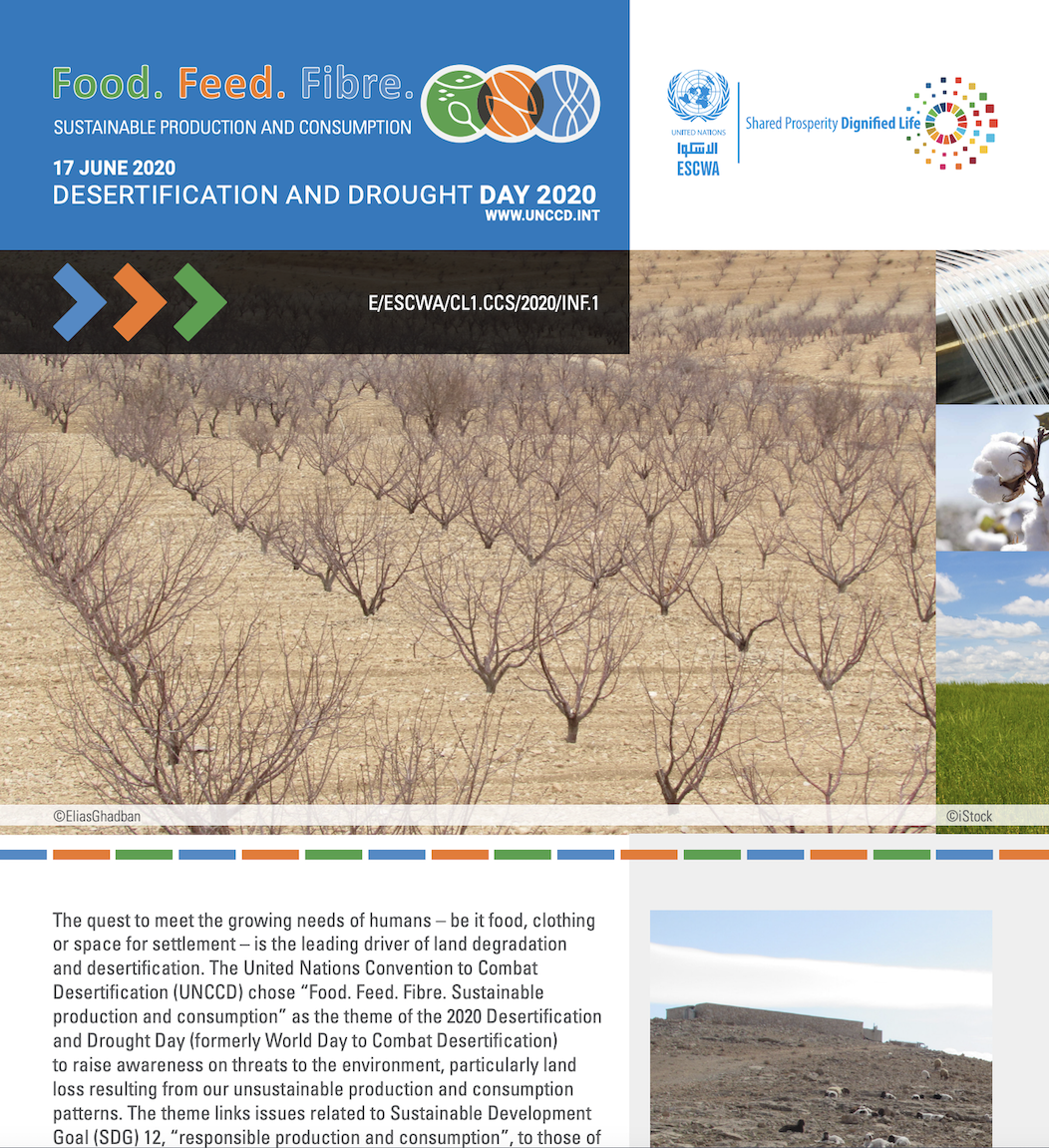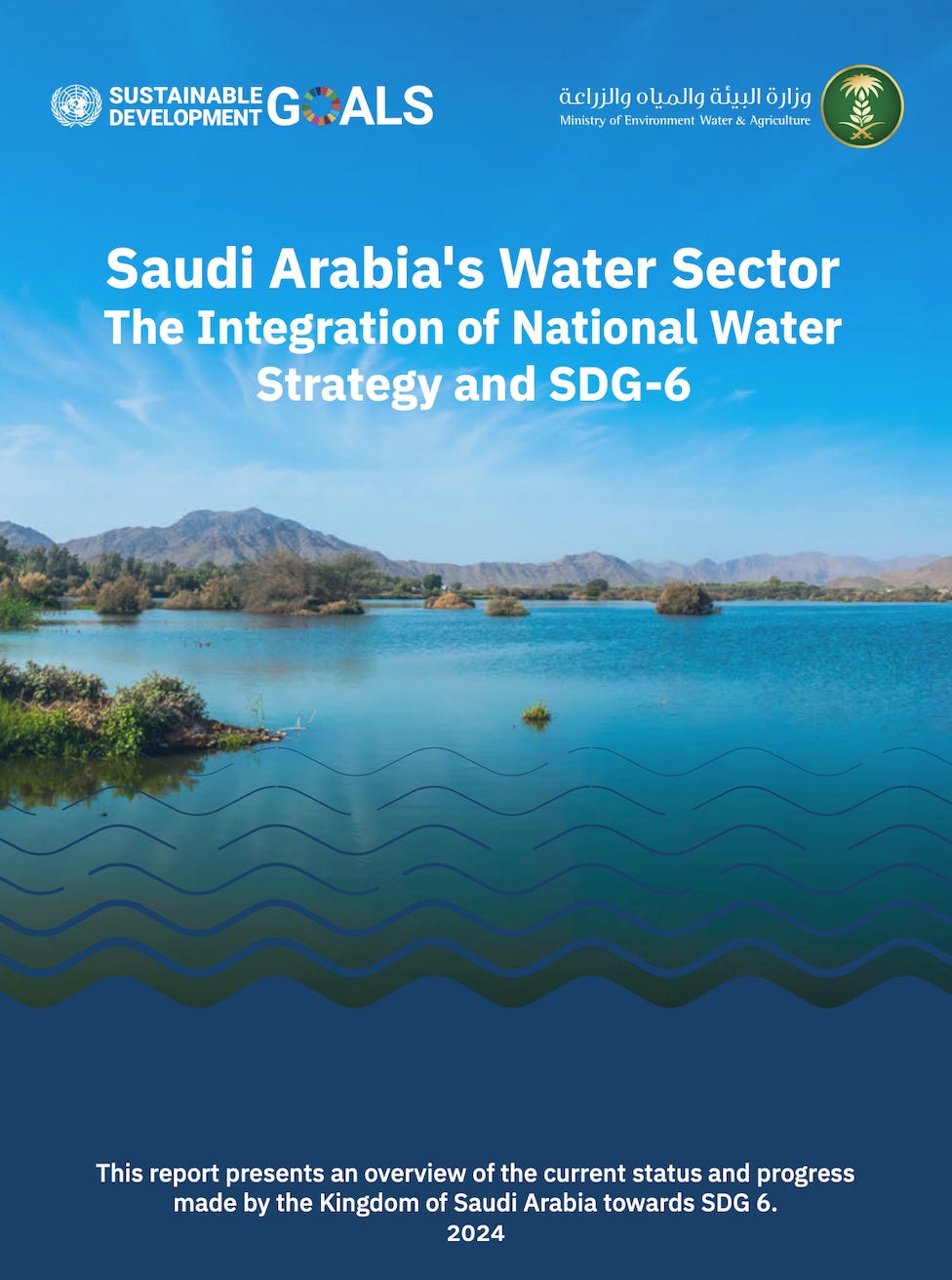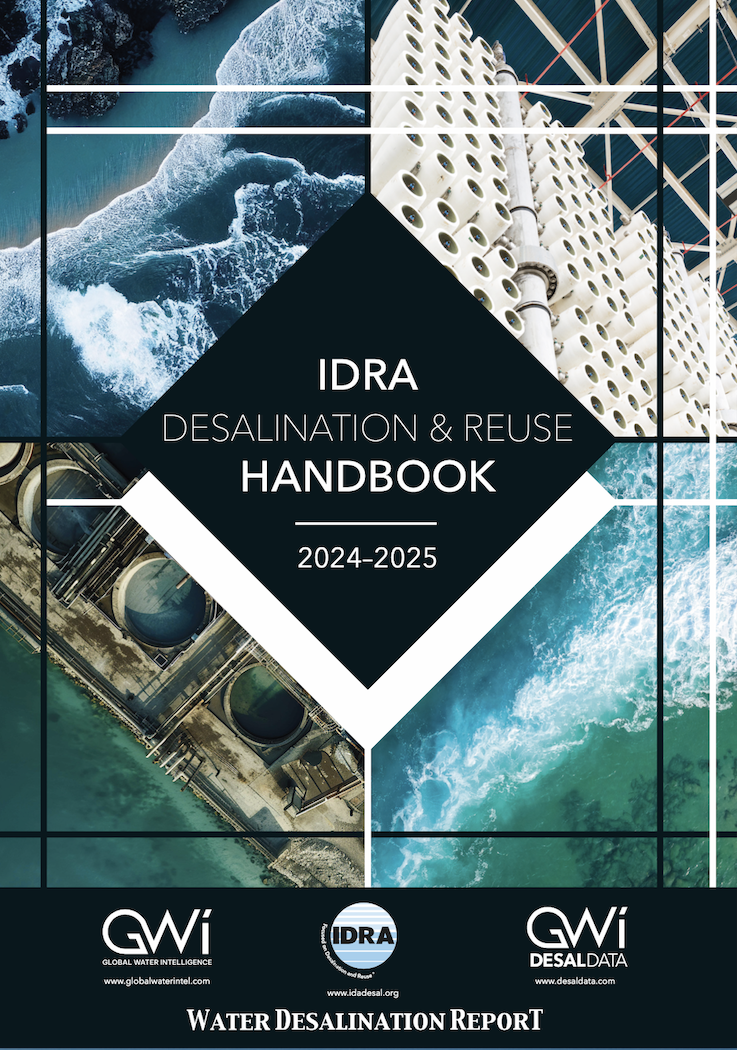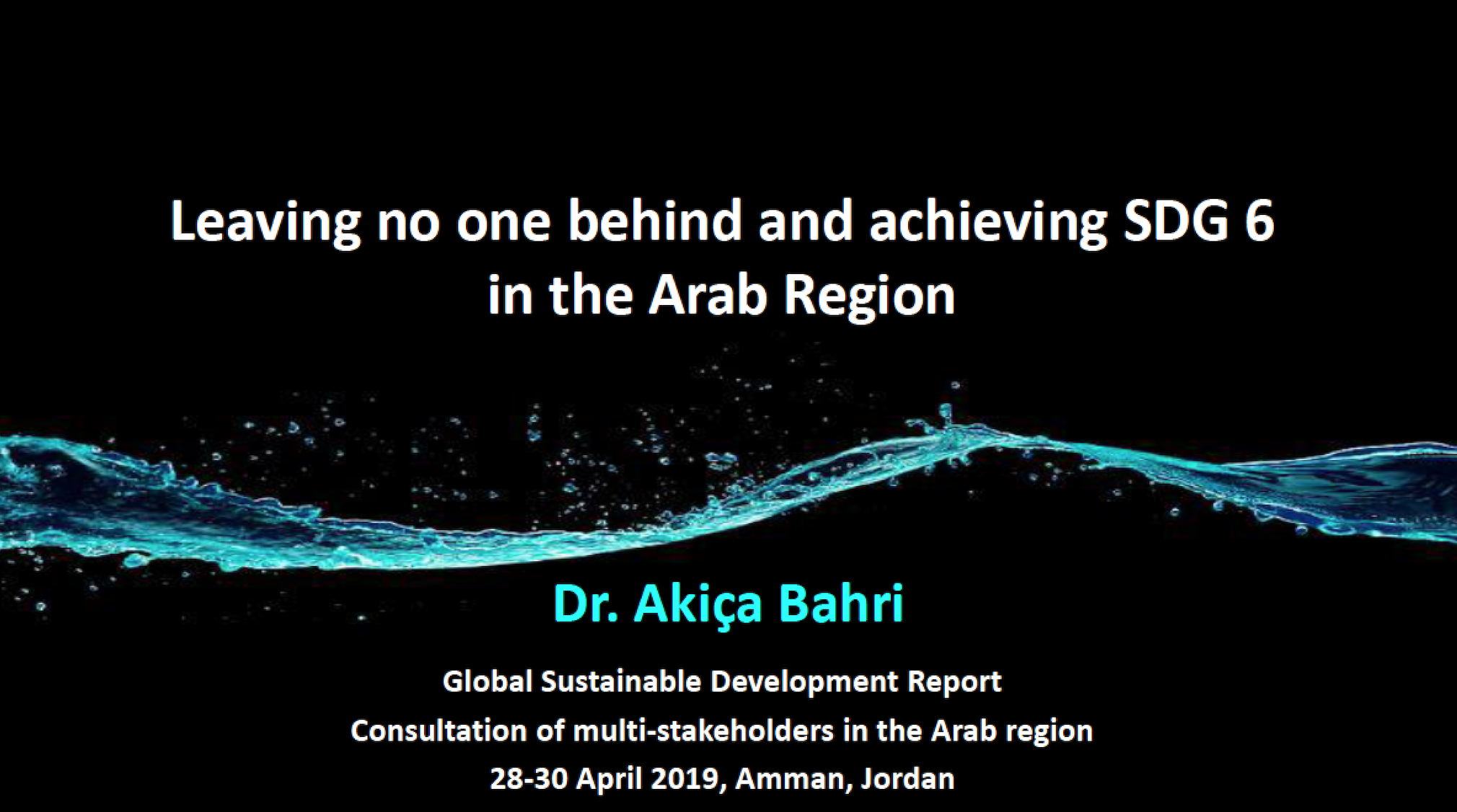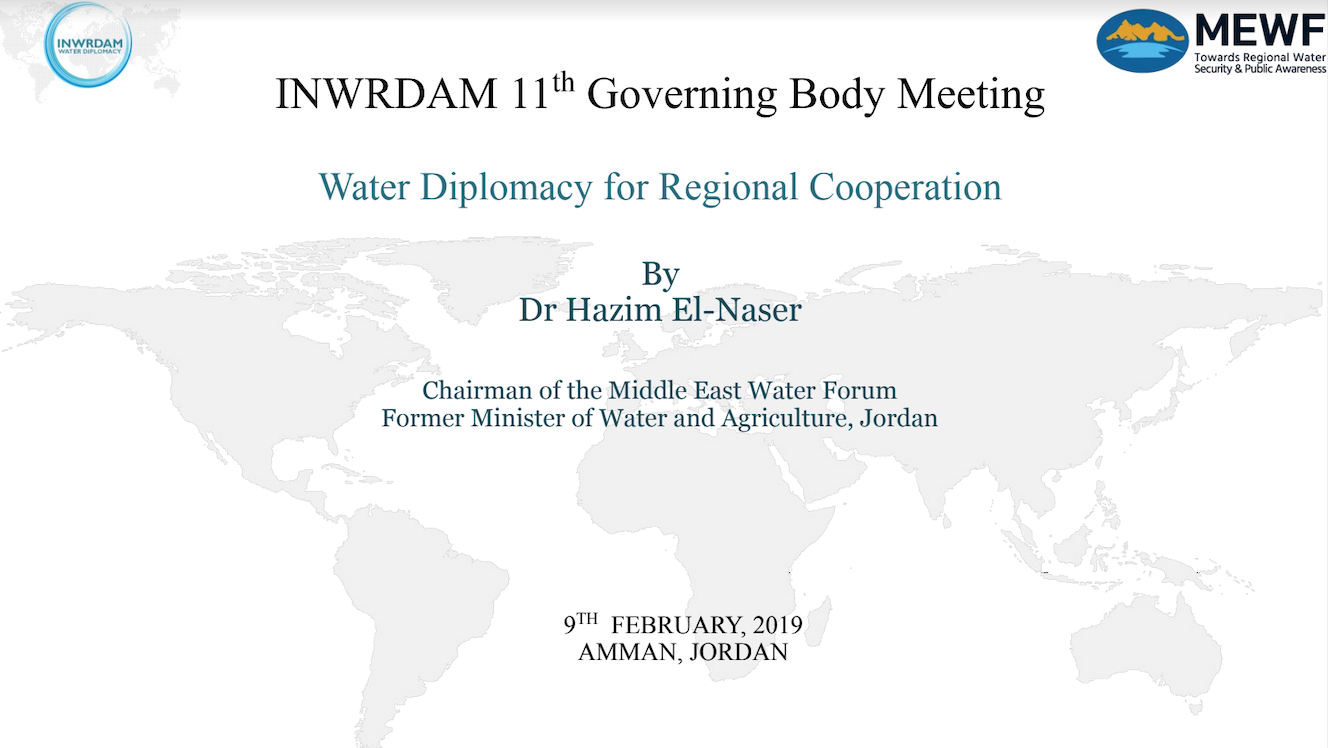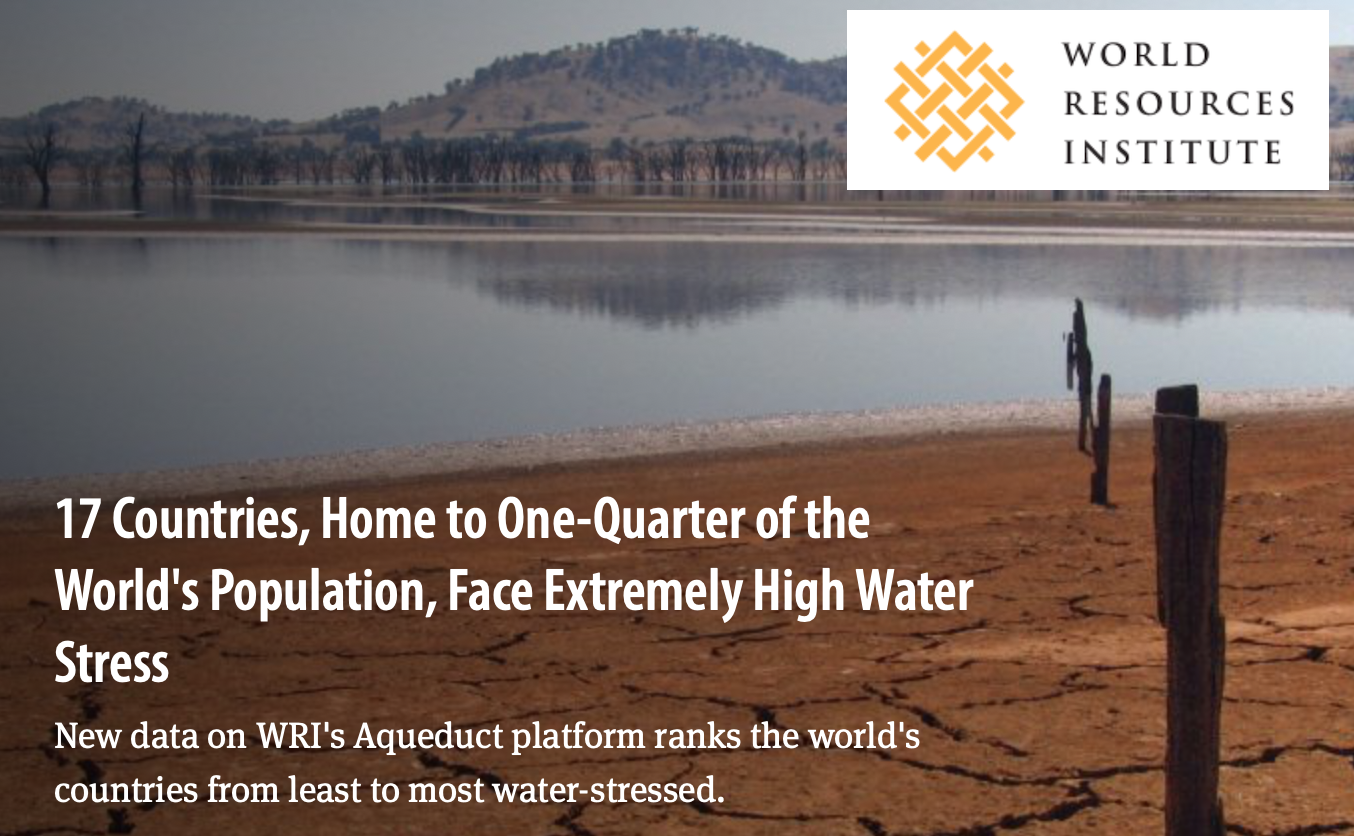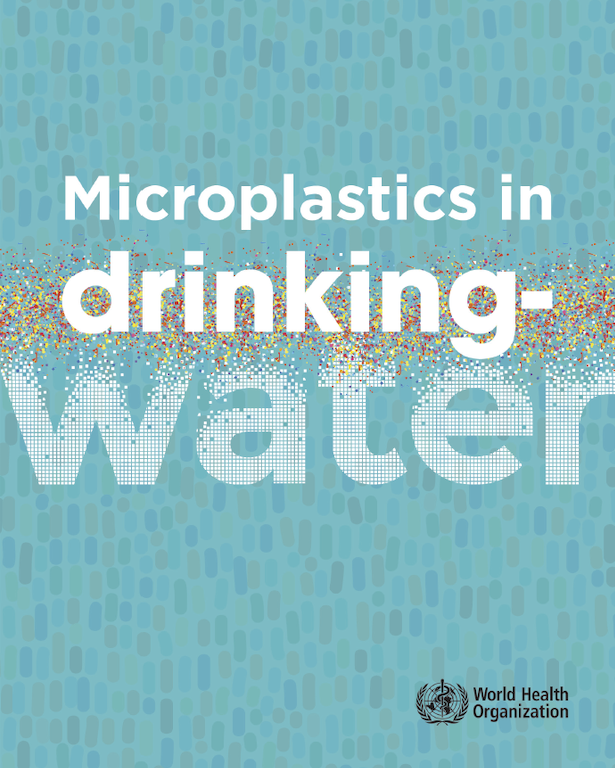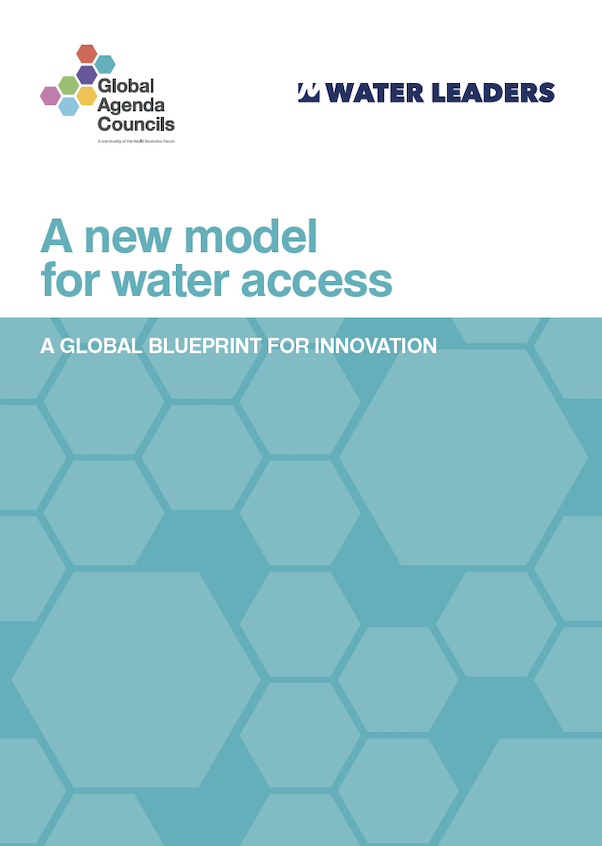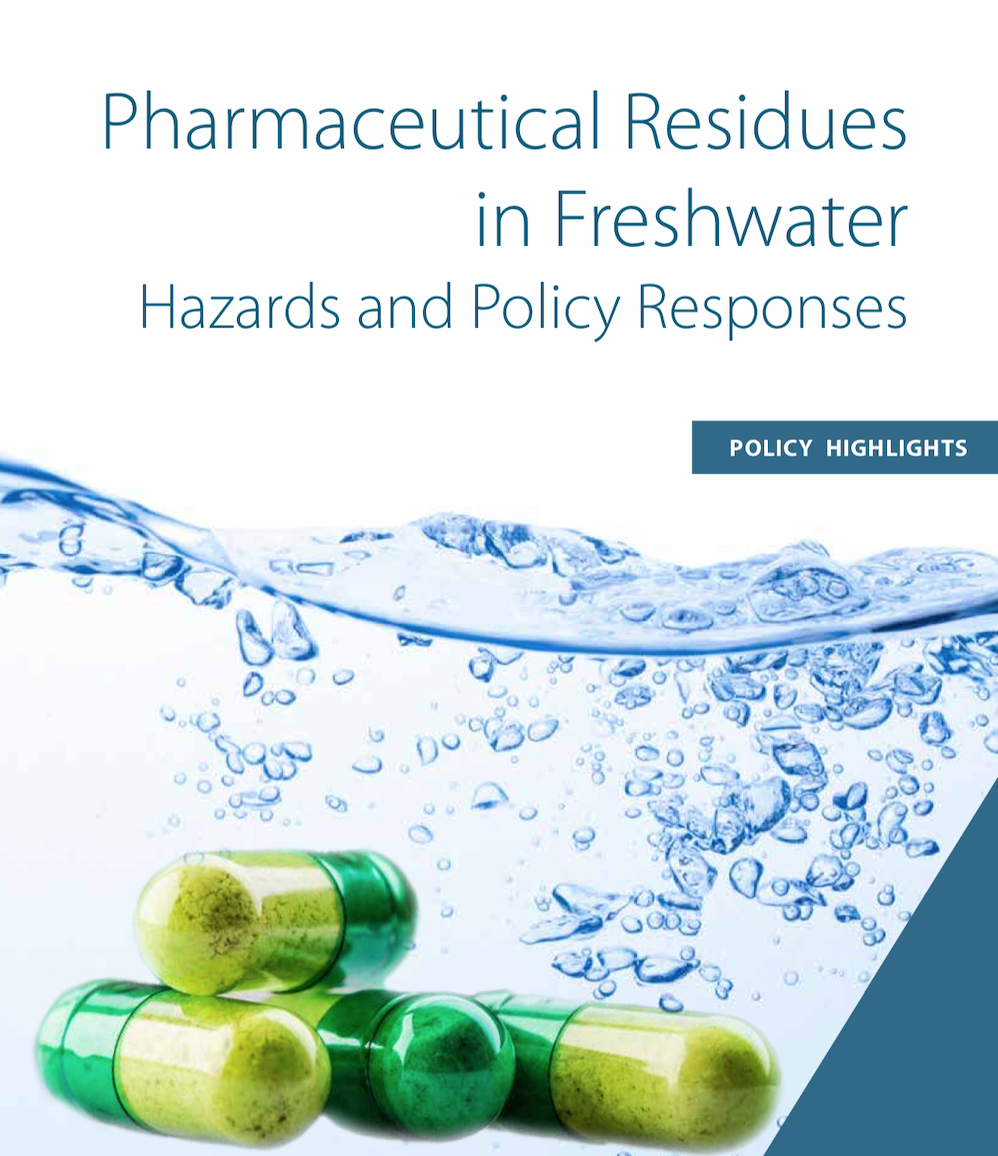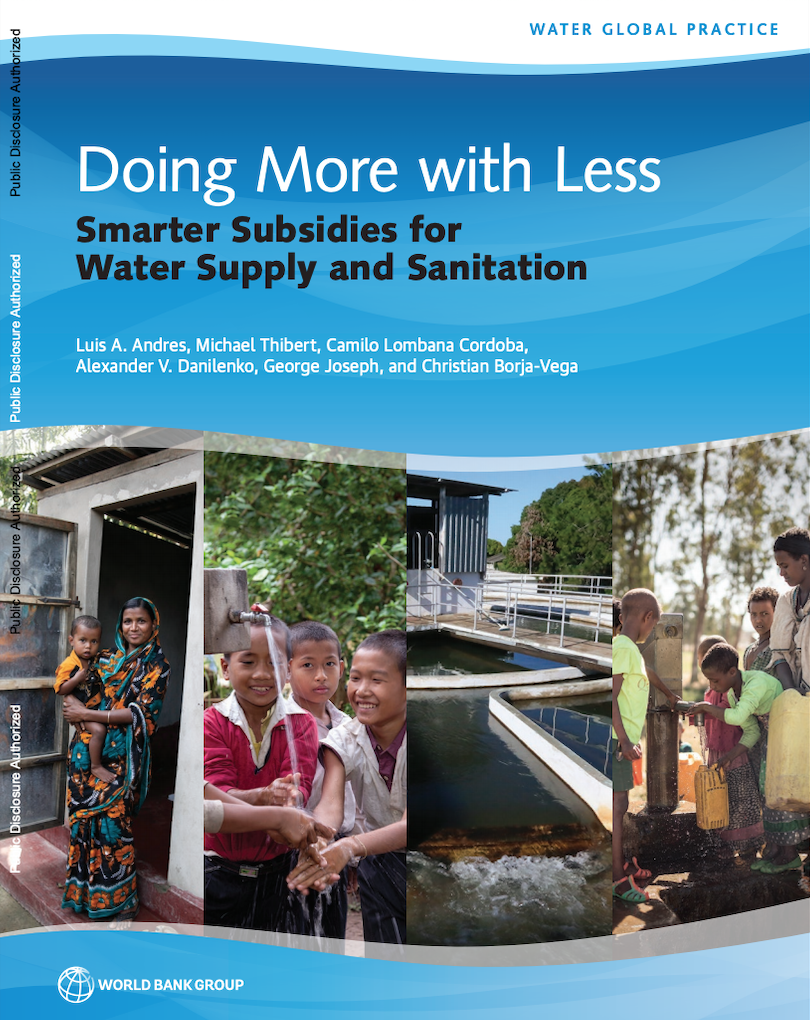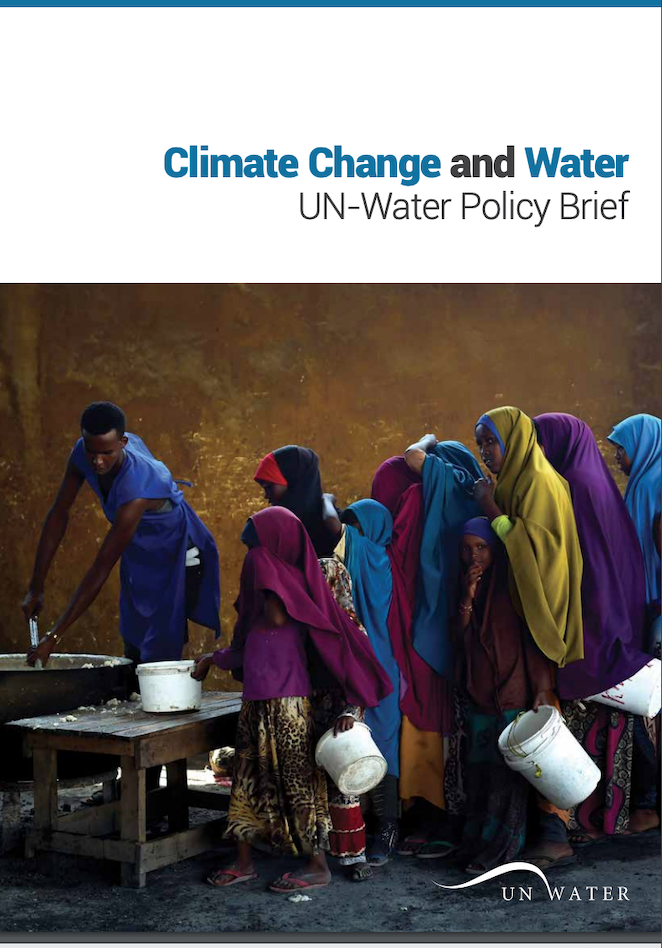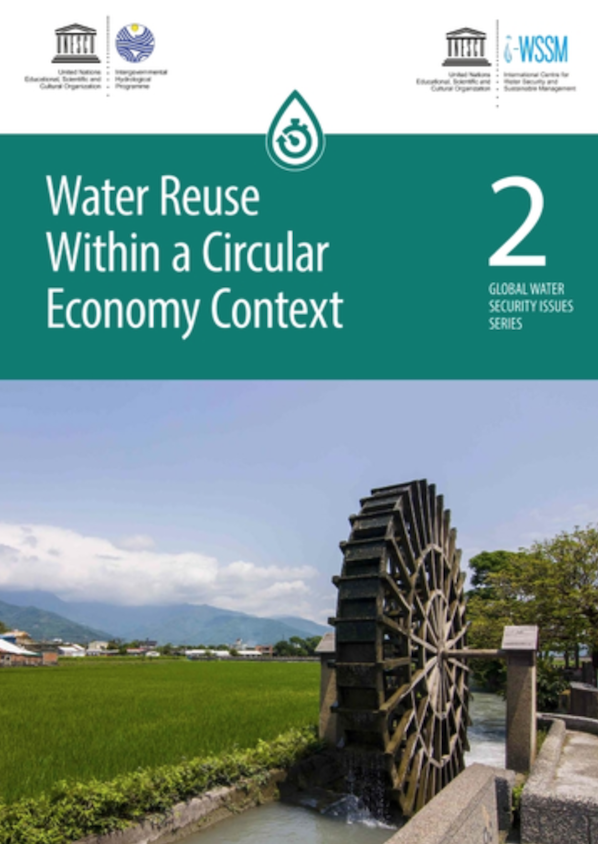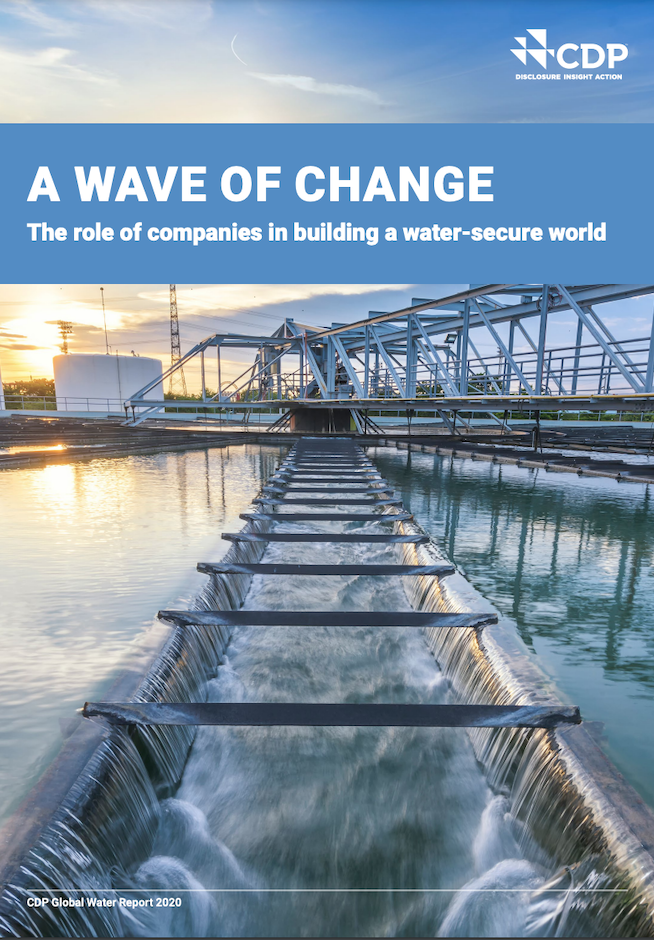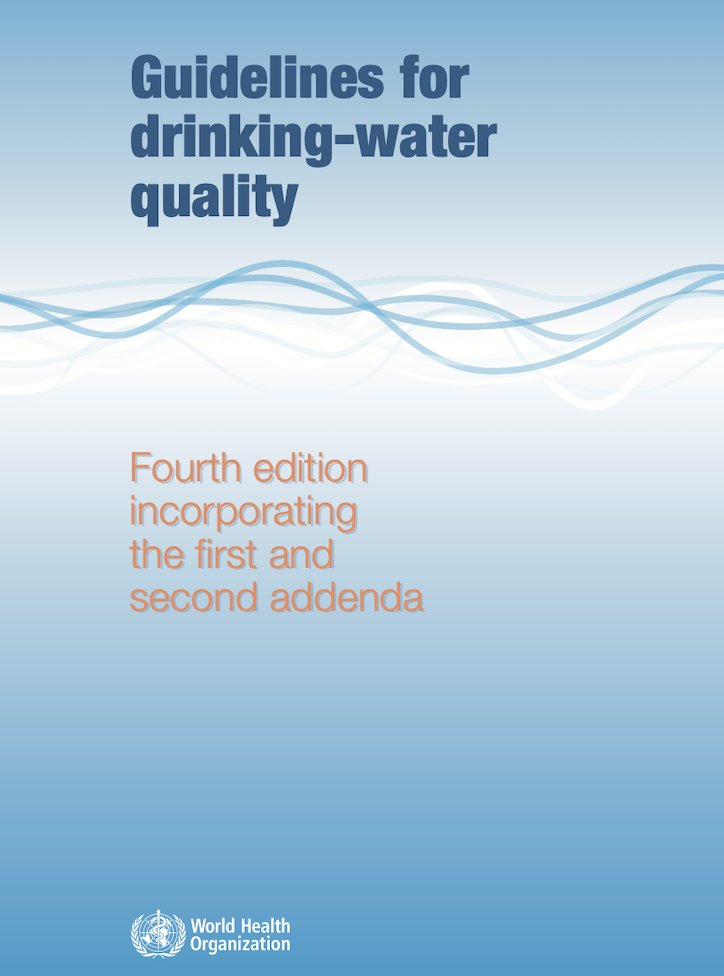Decentralised Wastewater Management for Adaptation to Climate Change in Jordan (ACC-Project) Decentralized
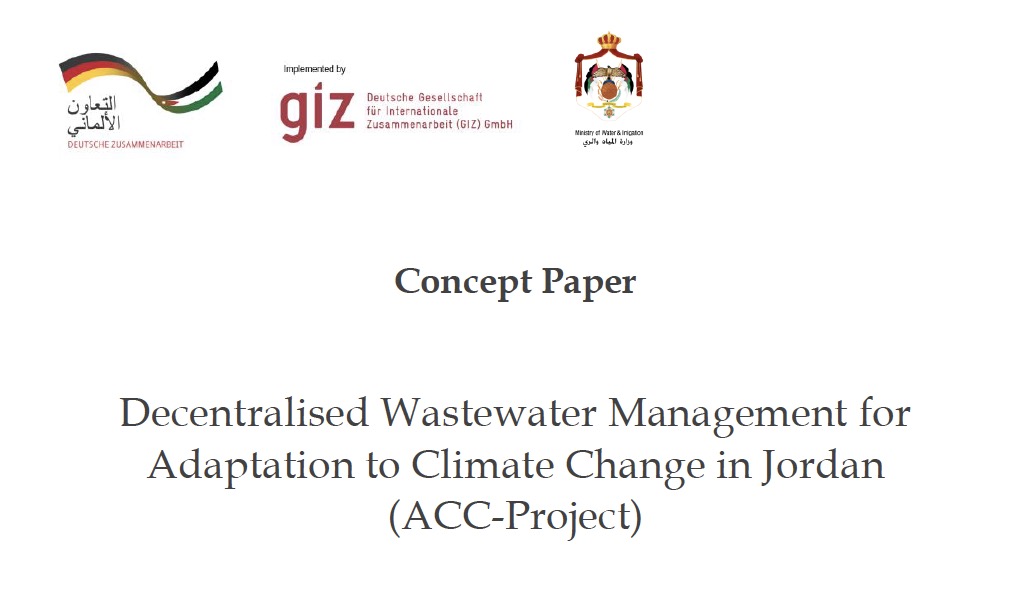
Decentralised Wastewater Management for Adaptation to Climate Change in Jordan (ACC-Project)
1.0 Introduction
The Jordan Ministry of Water and Irrigation (MWI) in close cooperation with the Deutsche Gesellschaft für Internationale Zusammenarbeit (GIZ) GmbH is implementing pilot projects demonstrating that decentralized wastewater management (DWWM) is a viable and necessary action for adaptation to climate change. The project entitled: “Decentralized wastewater management for adaptation to climate change in Jordan (ACC)” has a multi-level approach that follows both soft and hard tracks. Capacity development for strengthening the Jordanian capacities on DWWM and providing the relevant demanded support for strategizing adaptation to climate change specifically through DWWM remains the core of soft track activities. Likewise, demonstration projects that show the feasibility and sustainability of DWWM alternatives form the core of hard track activities.
This background report provides contextual as well as historical information that helps understanding the existing environment for wastewater management in Jordan. It also helps positioning wastewater and treated wastewater use in the wider frame of adaption to climate change. Accordingly, the document is divided into two main parts. The first part starts presenting global climate change and shows its impacts on the water sector together with witnessed and foreseen impacts on relevant sectors including agriculture, health, and economy. Moreover, the concept of adaptation to climate change and increased resilience of agricultural and water systems is then presented with a particular interest in adaptation of water systems through the integrated water resources management (IWRM) approach. The latter gives an introduction to the evolving concepts of decentralization as well as integration, which were presented as the main guiding beliefs of IWRM. In doing so, the document highlights the main relevant issues that govern adaptation of water and wastewater systems as well as water and wastewater infrastructures to climate change. The second part starts to zoom in on wastewater management at regional scale and further at local Jordanian scale. A detailed discussion of how wastewater management was developed over the past decades in the kingdom and the governing regulatory frame are introduced. An overview is given on how the already developed policies, strategies and regulations related to wastewater management are implemented. The recently developed policies are presented including the decentralized wastewater management policy and the way forward is being suggested.
The background document deals with wastewater management at two levels. The first level discusses the integrated approach in which wastewater treatment and reuse are indispensably connected in view of the approved policies in Jordan. This approach gives some flexibility to the required treated wastewater standards, provided that better control measures are taking place at the agricultural fields. This would imply the necessity to revisit and upgrade the enacted regulations, but also define responsibilities of different
governmental authorities to guarantee optimum adaptation through improved management alternatives. The second level discusses wastewater treatment technologies that might be suitable and sustainable in view of the existing Jordanian environment and the predicted impacts of climate change. In both cases (treatment and reuse), challenges are presented and the way forward is suggested.
2.0 Observed and projected Climate Change impacts
Global climatic warming is a reality and the human influence has been a dominant cause (IPCC, 2013). As an example on human influence, the agricultural sector was held responsible for about 10% of Green House Gases (GHGs) in 2008 in Spain. Half of these agricultural emissions were originated from livestock (especially pig manure management) as compared to crop systems (Ministerio de Medio Ambiente y Medio Rural y Marino, 2009b). It is furthermore projected that as the planet warms, climate and weather variability will increase (Thornton et al., 2014). Changes in the frequency and severity of extreme weather events and in weather patterns’ variability will have significant consequences on human and natural systems. Explicitly, increasing frequencies of heat, drought and flooding events are projected for the rest of this century, and these are expected to have many adverse effects (IPCC, 2012). Observed and projected changes of five climate extremes are summarized in Table 1 as presented by IPCC (2012). Apparently, reported climate extremes have either direct or indirect links with water availability and distribution. As in global climatic warming, changes in some extremes are results of anthropogenic influences, although attribution of single extreme events to these influences remains challenging (IPCC, 2012). Concurrently, there is considerable uncertainty regarding projected changes in extremes to the end of the current century. However, low confidence in projections of changes in extremes does not mean that such changes are unlikely. In fact, there are evidences that low-probability, high-impact changes in extremes will occur (Thornton et al., 2014).
Many semi-arid regions such as the Mediterranean basin, will suffer a significant decline in water availability due to climate change. Climate change in the Middle East and North Africa (MENA) region caused more infrequent and reduced total annual precipitation (MWI, 2016a). It was estimated over the past decades that MENA region experienced a warming of about 0.2 degrees per decade. Moreover, the number of heat extremes and days with extremely high temperatures has increased1 2 3. Some models estimated that mean and maximum temperatures over Jordan, for instance, will be 2-4 degrees higher and precipitation will be 15-20% lower by the end of the century (MWI, 2016a).
Please click here to view or download the full Article
 hosin-almasak
hosin-almasak
GIZ is the best, they are working hard to help us
thank you GIZ.
thank you GIZ.
 dr-hazim-el-naser-1
dr-hazim-el-naser-1
This the kind of technologies we need to combat climate change. Thanks to the orgnizatoins and teams who prepared such an important study
 martuot
martuot
This is really a very strong study. Thank for the German government for helping our country.
They are honest and the best partners that our government should work with.
Thank you guys for sharing this paper. Honestly when i see this forum and the publications I see that we are going high and high.
Marti.
They are honest and the best partners that our government should work with.
Thank you guys for sharing this paper. Honestly when i see this forum and the publications I see that we are going high and high.
Marti.
 moner-farag
moner-farag
Thanks for sharing such nice paper.
Moner
Moner

